2024 Conference Program
NOTE: Additional session and speaker information will be added as it becomes available. We thank you for your patience and look forward to connecting in Denver.
DAY ONE: Tuesday, October 15, 2024
-
Continental Breakfast
7:30a – 8:30aEnjoy your morning networking with your fellow conference attendees.
-
General Session
8:30a – 9:00aNRWC Conference Welcome
Jason Whyte – Founder, President & CEO, NRWC
Phil Weiser – Colorado Attorney General -
General Session
9:00a – 10:30aOpening Plenary Panel: From Incarceration to Transformation
Moderator: Ashley Furst – Director of Business Development & Community Engagement, Breakthrough
Khalil Halim – Executive Director, Second Chance Center, Inc.
Assata Thomas – Executive Director, Philadelphia Office of Reentry Partnerships
Lester Young – Executive Director, Path2Redemption Training & Consulting, LLC.This panel discussion highlights the unique experience and perspectives brought by those directly impacted by the justice system. Our panelists are experts in their field who have “walked the journey” and are now committed to working with others impacted by the justice system to improve outcomes for all.
-
Break
10:30a – 10:45a -
Breakout Sessions
10:45a – 11:45aReimagining reentry (with lived experiences) in the museum field
Jerome Loach – Supervisor/Manager, Eastern State Penitentiary Historical Site
This session will delve into the unique LEAD Fellowship program that integrates formerly incarcerated individuals into meaningful roles within the museum sector. By sharing the successes, challenges, and lessons learned from the LEAD Team’s groundbreaking initiative, we aim to inspire dialogue on reentry workforce programs and organizational collaborations. The presentation will address the importance of evidence-informed practices, program improvement strategies, and the impact of incorporating lived experiences into program design. Through examples and case studies, we will explore how the LEAD Fellowship navigated systemic barriers, built community partnerships, and fostered a supportive environment for participants’ personal and professional growth. Attendees will gain insight into the transformative nature of the LEAD Fellowship, the significance of holistic support systems, and the strategies employed to enhance program effectiveness. Discussions will highlight the need for continuous improvement, adaptability to participants’ needs, and the role of partnerships in achieving broader impact. The session will emphasize the importance of clear program communication, interdisciplinary collaboration, and maximizing reentry outcomes through tailored approaches. Participants will leave with practical takeaways for enhancing their own reentry workforce programs and advancing systemic change within their organizations. This session will explore innovative approaches to reentry workforce development and empower individuals for successful reintegration into society.
Resilience: Education to Employment
Tierney Fairchild, PhD – Cofounder, Resilience Education
Allison Kroboth – Program Manager, RPC
Nashid Mateen – Community Coordinator, Resilience Education
Sophia Bender Koning – VP Operations, Resilience Education
Resilience Education is a nonprofit that works with business schools like UVA Darden, Columbia Business School, and Wharton to train their MBA students to teach business and entrepreneurship to incarcerated learners. We employ the Socratic Method and case studies to encourage dialogue, critical thinking, and to build self-confidence; skills that are crucial for their success post-release. Resilience has been teaching in prisons for over 10 years and has graduated over 1300. For those who took two of our courses, our recidivism rate is virtually zero. Our program not only provides valuable education to incarcerated learners but seeks to change society’s narratives about second-chance hiring by directly exposing future business leaders to the potential of individuals with records. This is why we also provide the Resilient Professional Community (RPC) an online platform that connects formerly incarcerated individuals to an extensive business network to help them achieve their career goals. With the support of a $2.5m grant from Ascendium Education Philanthropy, we are expanding our programs and impact to new business schools across the US. Tierney will talk about the success of the program today, showing data on the positive impact the program has had, and will discuss the challenges faced by RPC and how NRWC and its members can work with Resilience to build a larger connected platform to improve outcomes.
Approaches to Family and Social Supports in Reentry
Glenwood Warren – Executive Director, Fathers Forever
Tolliny Rankins – Author, Co-Founder, Redemption 100.Org
Andy Peifer – Family and Community Support Manager, Pennsylvania Prison Society
Kirstin Cornell – Family and Community Support Director, Pennsylvania Prison Society
Join us for a discussion on the important of family and social supports to a reentrant’s success and the strategies and challenges for designing reentry programs that take these supports into consideration. This diverse session brings together practitioners and consultants who are invested in improving outcomes for not only justice impacted individuals but their families and communities as well. Learn about research driven approaches to integrating family, emotional, and social supports into programming, how intentional support and education for fathers can reduce recidivism, and strategies for self-care for family members of justice impacted individuals.
Inclusive Hiring with Confidence: Understanding Collateral Consequences
Moderator: Taja Hereford – Manager, Inclusive Hiring, Responsible Business Initiative for Justice
Amy E. Braden – Workforce Coordinator, HopeWorks
Ashley Furst – Director of Business Development & Community Engagement, Breakthrough
Dr. Khalilah Olokunola – Founder & Impact Architect, ReEngineering HR
Members of the panel will engage in dialogue to first define the term collateral consequences and explore the impact on individuals who are justice involved, their families and community. Panelists will highlight the intersectionality of collateral consequences as it relates to the legal system, access to basic needs such as housing , education and training, social determinants of health and Social Service, community support and employment. Moderated by a staff member from the Responsible Business Initiative for Justice, proposed panelists include leaders in workforce development, individuals impacted by the justice system and community based organizations. -
Lunch
12:00p – 1:00pEnjoy lunch with your fellow attendees. (Lunch will be provided.)
-
General Session
1:00p – 2:00pFeatured States: Leading Practices of State Agencies
Moderator: Cory Miskell – Latino Coalition for Community Leadership
Shalyn Kettering – Legal Counsel, Colorado Attorney General’s Office
Stacey Putka – Co-Founder & Executive Director, Breakthrough
Aaron Poynter – Director of the Reentry and Employment Services Branch, Kentucky Office of Adult Education in the Education and Labor Cabinet
Dennis Ritchie – Senior Director of Reentry, Goodwill Industries of Kentucky
Kelly Brantner – Career Case Manager, Minnesota Department of Corrections
Angela Fabel – Program Manager, American Indian OICJoin representatives of state agencies and community based organizations from Colorado, Kentucky, and Minnesota for an insightful panel discussion on innovative programs and system changes designed to enhance employment outcomes for justice-impacted individuals. Discover strategies and best practices driving successful reintegration and workforce inclusion at the state level.
-
Networking Break
2:00p – 2:30p -
General Session
2:30p – 3:45pGrounded in Research & Data: Evidence-Based Practices
Moderator: William E. Arnold, Jr., Ed.D. – Director, TN Office of Reentry, TN Department of Labor & Workplace
Caitlin Dawkins – Principal Technical Assistance Consultant, American Institutes for Research
Meghan Harrington, BA – Research Area Specialist, University of Michigan School of Social Work
Armando Yañez – Researcher MathematicaThis compelling session will underscore the critical role of research and data in advancing fair chance hiring practices. Discover how robust data collection and analysis drive advocacy efforts and inform policy decisions, ensuring more equitable employment opportunities for justice-impacted individuals.
-
Breakout Sessions
4:00p – 5:00pData Empowerment Jam: Building a Learning Culture in Reentry Organizations
Robert Brown – National Director of Operations, The Bail Project
Corey Newhouse – Founder and Principal, Public Profit
Reentry organizations generate reams of data on a daily basis, ranging from case notes, to surveys, to readiness assessments. All too often, that data is whisked away into grant applications and funder reports, never to be seen again by those who collect the data in the first place. This is a missed opportunity to use evidence to support reentry professionals in providing even better supports to their clients. Key to this transformation is building a culture of learning, which engages staff at multiple levels in collecting, interpreting, and acting on data.
In this session, the National Operations Director of The Bail Project will share their process of putting learning at the center of everything they do, including conversations with staff members about how the data they collect and act on is a form of compassion for the people they serve. He’ll share tips for fellow leaders to facilitate data empowered conversations with their teams on documenting service quality and reflecting upon how, and if, staff are making a difference, individually & collectively for the people they seek to serve. The session co-presenter will share a variety of hands-on activities to engage teams in conversations about data, drawn from the Dabbling in the Data guide. These activities are designed to meaningfully engage diverse teams in robust conversations about data, regardless of their prior experience with data analysis. Involving multiple perspectives in interpreting data – and deciding how to respond to it – is one way nonprofits can become more equitable and responsive organizations.
Best Practices for Serving Women in Reentry
Carlita Brown – Reentry Manager, PIVOT Women’s Reentry Program
Veronica Jackson – Executive Director, PIVOT Women’s Reentry Program
Carla Tilchin, PhD – Assistant Scientist, Johns Hopkins Bloomberg School of Public Health
The PIVOT women’s reentry program been serving women returning from incarceration in Baltimore since 2018. The program has been incredibly successful, with a recidivism rate of less than 8% compared to recidivism in Baltimore City that is over 70%. PIVOT’s employment placement rate is 71% for program graduates, with an average hourly wage of over $18. The program has grown from serving 20 women per year in 2018 to over 200 women per year today. These and other findings were published in a program evaluation conducted by Johns Hopkins in 2023, which looked in depth at the “secret sauce” that has made PIVOT so successful. In this intimate roundtable discussion, you will hear from PIVOT’s Executive Director, Reentry Manager/program graduate, and the Hopkins researcher who conducted the study. They will share personal insights backed by data about how PIVOT has been so effective, what it takes to serve women in reentry, and what other organizations can do to bring these best practices to their own work and communities.
Aligning pre- and post-release education and employment opportunities to maximize economic mobility for people with records
Kelsie Chesnut – Senior Research Associate, Vera Institute of Justice
Maurice Smith – Program Associate, Vera Institute of Justice
Economic mobility remains a prevalent challenge for people with criminal records despite advancements in access to postsecondary education and workforce support services. Key to overcoming these challenges and increasing career opportunities is having access to new data and content to keep this issue a priority. During this panel, the Vera Institute of Justice (Vera) will share new research on state-level job markets that consider strong career opportunities, educational pathways, and legislative barriers. Vera will also provide an overview of the Fair Chances to Opportunity pilot program, which worked with corrections, colleges, and community stakeholders in three states to establish collaborative solutions to improve their state’s pre-release education through post-release employment pathways. By pairing the available labor market research with collaborative education and employment efforts pre- and post-release, stakeholders can maximize their impact in supporting the prospects of economic mobility among people with records. This panel will highlight tools and resources in employment and education and will feature representatives from Vera and those directly working in the field.
Leveling Up Employment Outcomes for Returning Citizens: Results of an RCT evaluating Virtual Reality Job Interview Training Delivered in a Pre-Release Trades Program
Lady Funcke Munoz, MSW – Research Assistant, University of Michigan School of Social Work – Level Up Lab
Meghan Harrington, BA – Research Area Specialist, University of Michigan School of Social Work
Matthew Smith, PhD, MSW – Associate Dean and Professor, University of Michigan School of Social Work
Unemployment for returning citizens is a leading mechanism of recidivism and is only 25% within 12 months of re-entry. Advances in technology are elevating pre-release services to support employment post-release. For instance, a pilot study (n=44) found that Virtual Reality Job Interview Training (VR-JIT, a job interview simulator) increased employment to 82% (vs. 69%) within 6 months of release from a prison-based employment readiness program. The University of Michigan partnered with the Michigan Department of Corrections to evaluate VR-JIT in two prisons. We report on results from a validation RCT (n=101) of VR-JIT in the same employment readiness program where staff delivered VR-JIT. Participants were randomized into services-as-usual (SAU) or SAU with VR-JIT (SAU+VR-JIT). By 6 month follow-up, the SAU+VR-JIT group was more likely to obtain competitive employment (OddsRatio=2.8, p=.029), obtain it sooner (HazardRatio=1.7, p=.035), and improved their interview skills and interview anxiety (both p<.05) as compared to the SAU group. Notably, returning citizens and staff reported VR-JIT as highly acceptable, usable, and feasible for delivery. Although more research is needed to identify optimal VR-JIT delivery strategies, our results suggest corrections programming and returning citizens could benefit from VR-JIT. -
Welcome Reception
6:00p- 7:30pReflect on the first day of conference programming as you network with fellow attendees and enjoy light refreshments and drinks.
DAY TWO: Wednesday, October 16, 2024
-
Continental Breakfast
7:30a – 8:30aEnjoy your morning networking with your fellow conference attendees. -
General Session
8:30a – 9:45aPhilanthropic Funders Panel: Building Systems and Forging Partnerships
Moderator: Chris Watler – Chief External Affairs Officer, Center for Employment Opportunities (CEO)
Avery Franzblau – Director, Foundation Operations, Clayton, Dubilier & Rice
Jac Rivers – VP Program Officer, Eastern Region, JP Morgan Chase Foundation
Kwelin Waller – Senior Program Manager, AIR Opportunity Fund
This panel will feature the work of funders that are investing in building systems and strategic partnerships that are driving long-term change across local, regional, and state ecosystems. The funders will talk about the value proposition for investing in building systems, and the approaches they take towards partnering with a diverse groups of stakeholders to develop ecosystems. -
Break
9:45a – 10:00am -
General Session
10:00a – 10:45aNavigating Corporate & Industry Barriers: HR Professional(s), Industry Regulator(s), and Talent Pipeline Builder(s)
Moderator: Harris Rollinger – Sr. Program Manager, Opportunity Talent, KeHE Distributors
Nan Gibson – Executive Director, JP Morgan Chase Policy Center
Ronne Hines, JD, MPA – Partner The Regulatory Consulting Group
Monique Williams – Sr. Manager of Operations, American Family Insurance Institute
This session will feature a round table discussion between a group of HR professionals, industry regulators, and community groups. The panelists will discuss strategies and approaches to navigate some of the barriers in various industries, such as healthcare, financial services, etc. The panelist will discuss the changes trends that are taking place in many corporations and industries that are making things easier for talent pipeline builders to find employment opportunities for justice-impacted job seekers. -
Break
10:45a – 11:00am -
Breakout Sessions
11:00a – 12:00pUnpacking the “Fair Chance Employer” Journey: Empowering Reentry Workforce Practitioners to Effectively Engage Employers
Moderator: Molly Verghese – Workplace Solutions Lead Cara Collective (Cara Plus)
Elaine Ross – Senior Manager of Employment Services, Cara Collective
Lisa Durkin – Director, Jobs for the Future
Beth Avery – Senior Staff Attorney, National Employment Law Project (NELP)
Almost every reentry workforce practitioner has asked a company the question: “Are you a fair chance employer?” Despite the binary nature of this question, employers’ commitment to fair chance hiring typically exists on a spectrum: two self-proclaimed “fair chance employers” can be in very different places when it comes to the comprehensiveness, inclusivity, and transparency of their fair chance practices. Regardless of where an employer starts, reentry workforce practitioners play a crucial role in supporting them through each phase of their fair chance journey. This session will equip attendees with best practices for three different phases of employer engagement: 1. Cultivating initial interest in fair chance hiring 2. Assessing companies’ current hiring practices, and 3. Encouraging the adoption of improved fair chance practices. Attendees will leave with practical strategies and messaging for both meeting employers where they are and encouraging employers to make progress toward more fairly considering and hiring workers with records.
It Takes a Village: Building Better Lives Through Fair Chance Hiring and Retention
Jeffrey Abramowitz – CEO, Petey Greene Program
Jacqueline D Cooley – Leader of Learning and Development, JBM Packaging
This interactive and dynamic workshop will explore comprehensive best practices in hiring, retaining, and supporting individuals impacted by the justice system. With over 44,000 documented barriers facing those with a criminal history, many of which hinder employment, this session brings together HR professionals, educators, employers, and key stakeholders to share innovative approaches to fair chance hiring.Discover how companies like JBM Packaging, where nearly half of the workforce comprises, individuals facing significant employment barriers, are making impactful changes through programs like the Better Lives Program. Learn how a commitment to inclusivity and second chances can provide justice-impacted individuals with comprehensive support, ongoing training, and personal development opportunities. In addition, hear national insights on what’s working in background checks, training programs, and collaborative efforts to tap into this often-overlooked talent pool.
By highlighting successful initiatives and lessons learned, this workshop will offer attendees practical resources and strategies to implement within their organizations. Join us in creating a more robust, equitable workforce and empowering individuals to overcome barriers and achieve both personal and professional growth.
Spotlight on Successful Fair Chance Hiring Partnerships
Aarin Clemons – Workforce Manager, Polaris MEP
Jim Thomson – Program Manager, Fast Track to Manufacturing, Community College of RI
Hillary Lyle – Director of Strategic Initiatives, SCPa Works
Matt Joyce – Partner, Envoy
Join us for a session on innovative initiatives to expand Fair Chance Hiring practices. We will explore two impactful programs: the Fast Track to CNC Manufacturing, a partnership between Polaris MEP and the Community College of Rhode Island (CCRI), and the South Central Fair Chance Hiring Initiative managed by SCPa Works and Envoy in South Central Pennsylvania.
The Fast Track program has successfully trained four cohorts at the Women’s Adult Correctional Institution in Cranston, RI, resulting in full-time careers post-release while also addressing reintegration and employer commitment challenges. In 2023, CCRI partnered with More Than Our Worst to create fair chance ecosystems, equipping employers with essential tools for hiring and retention.
Through the South Central Fair Chance Hiring Initiative, SCPa Works and Envoy have engaged American Job Center staff, local employers, reentry coalitions, and community organizations to adopt Fair Chance Hiring practices. Over 18 months, AJC staff were trained to guide employers through policy shifts and two employer learning cohorts were completed that focused on Fair Chance Hiring and creating Recovery-Ready Workplaces.This session will cover strategies for driving Fair Chance Hiring adoption, the role of workforce development boards and other convening entities, key learnings from employing an industry partnership model in Fair Chance Hiring, and best practices for coaching employers. -
Lunch
12:00p – 1:00pEnjoy lunch with your fellow attendees. (Lunch will be provided.)
NRWC Members are invited to join fellow members for our Member Gathering. (Lunch will be provided)
-
Breakout Sessions
1:15p – 2:15pAddressing Trauma and Cultivating Resiliency
Hope Cross – Founder, Cultivating Hope Training and Consulting
Melanie G. Snyder, OWDS/OES, MHFA, MBA – Trauma/Reentry Consultant & Trainer, Melanie G Snyder Consulting
This two-part, interactive session will address:
The impacts of trauma exposure, vicarious trauma, and trauma contagion on you as reentry professionals and on your organizations, with practical, readily-implementable skills and tools to assess and mitigate the negative impacts, ensure safe, healthy organizational cultures, and promote staff well-being.
The impacts of trauma on your clients, the 5 E’s of a trauma-informed approach, elements of resiliency, and out-of-the-box strategies you can implement organically into daily services and program culture to engage and empower the individuals you serve to help them embrace the lives they were born to live.
Innovation in Fair Chance Employment: How employment after incarceration doesn’t need to be one-size-fits-all
Moderator: Caroline Norton – Senior Manager, Partnerships and Innovation, The Last Mile
Anna DeLuna Ferguson – Chief of Staff, Edovo
Henry Dillard – Remote Instruction Manager, The Last Mile
Lauren McMulle – Senior Talent Acquisition Manager, Indiana Pacers
Ved Price – Executive Director, Alliance for Higher Education in Prison
When it comes to fair chance employment and employment after incarceration, we must especially remember that post-incarceration is not a one-size-fits-all model or process. This panel “Innovation in Fair Chance Employment: How employment after incarceration doesn’t need to be one-size-fits-all” will explore different employment models, including internships, apprenticeships, contract work, and full time employment that can support justice-impacted talent in getting back to work and engage employers in more diverse hiring pipelines. The panel will include voices of those who are justice-impacted and employed, employers, and other stakeholders in the space.
Learning Outcomes:
1. Understand Diverse Employment Models: Attendees will gain a comprehensive understanding of various employment models that can be tailored to meet specific needs of employers and employees.
2. Best Practices: Attendees will hear first hand from employers and employees and learn best practices for creating and landing jobs.
3. Enhanced Collaboration: Attendees will explore and hear about ways to collaborate with community organizations, reentry programs, and other stakeholders to create a supportive network that enhances employment opportunities for justice-impacted talent.
It Takes a Village: Partnerships for Inside-Outside Pathways for Employment, Education, and Lasting, Widespread Success
Shawn Couch – Employment Director Client Services, KDOC
Myles Davis -Wind Services Field Technician Supervisor, Itinergy
Macy Pickman – Education Director, KDOC
Deb Scheibler – Executive Director, Kansas WorkforceONE
Cindy Villarreal – Program Consultant/Career Navigator/OWDS, Kansas Department of Corrections
Sonia Gonzalez – Director of Community Engagement, TrueCare
Dr. Nora Kenney – Rising Scholars Coordinator, Palomar College
Vanessa Rojas – Special Projects, Office of the President, Palomar College
“I’m getting ready to release after a year in county…three years in prison…..nine years….27 years…. And I’m scared.” Now what? Preparation and support is critical, and this interactive session will highlight how to create a village that builds pathways from detention to higher education and careers and not just jobs (“just over broke” situations). Panel members represent nationally recognized reentry employment and education programs; the panel also features experts who will share their lived experiences as program participants who have emerged as leaders in the space. In Kansas, partnerships between the Department of Corrections, statewide colleges, state Workforce Boards and Workforce Centers, and employers prepare returning citizens for successful reentry and employment, providing individualized support throughout and beyond the critical transition period. In San Diego County, Palomar Community College scaffolds currently and formerly incarcerated students as they navigate higher education; additionally, the college has partnered with TrueCare Health Services to design and implement innovative peer mentorship/employment opportunities that show young people how education can be a catalyst for individual and collective change. In addition to talking about education and employment pathways, panel members will discuss how they have leveraged the strength of cross-institutional collaboration to address mental health and suicide awareness; housing; substance abuse; and other needs unique to currently and formerly incarcerated people. Attendees will also hear from formerly incarcerated individuals who are now in the position to uplift others. The session will dedicate time for attendees to share how their partnerships have also created villages dedicated to reentry success and the wellbeing of returning community members.
Navigating Collateral Consequences & Clean Slates with Interactive Tools
Josh Gaines – Project Manager, Council of State Governments Justice Center
Despite the steps many states have recently taken to lessen the impact of collateral consequences, they remain a persistent obstacle for workers with criminal records who must navigate a complex web of obscure policies to identify viable career pathways. Fortunately, two federally funded interactive tools are making it easier to identify these barriers and how they can be mitigated. The first, the National Inventory of Collateral Consequences of Conviction (NICCC), categorizes and describes the conviction-based obstacles to employment, occupational licensure, and other rights, benefits, and opportunities that are imposed by state and federal statute and regulation, making it easy to identify these collateral consequences by key attributes like the specific fields of employment they impact. The second, the Clean Slate Clearinghouse, compiles and summarizes the state policies that allow for the expungement and sealing of criminal records – which often drastically limit the impact of collateral consequences — alongside a variety of resources that can help users initiate the process. This session will discuss the significance of these tools and their benefits to the field while providing an interactive demonstration of how they can be used to manage and mitigate the long-term consequences of a criminal record. -
Networking Break
2:15p – 2:45p -
General Session
2:45p – 4:00pGame Changing Technology in Reentry Workforce
Moderator: Melissa Riccio – Project Manager, Center for Employment Opportunities
Anna DeLuna Ferguson – Chief of Staff, Edovo
Kavell Brown – Senior Manager, Social Impact Strategic Partnerships, LinkedIn
Robin Smith – Board Member, Resilience Education
Noella Sudbury – Founder & CEO RASA Legal
Join us for an engaging conversation on ways to catalyze fair chance opportunity through collaboration and innovation. Learn how these organizations are working together to enable career opportunities, economic mobility and meaningful life trajectories for individuals affected by the justice-system both before and after their release. Moderated by CEO, this dynamic discussion will delve into impactful opportunities for reentry stakeholders to leverage partnerships and cutting-edge technology to unify fragmented efforts and help dismantle systemic barriers that stall progress within the fair chance movement. They will also explore how insights from the reentry and incarcerated community can enhance these efforts and shape future innovations that maximize our collective impact in creating a fairer future of work for all.
The session will conclude with examples of two new and emerging technological tools for the reentry workforce field from Resilience Education and RASA Legal.
Learning Objectives:
– Discover innovative ways to use technology and other readily available resources to advance your mission;
– Explore the transformative power of collaborating across sectors/expertise areas and fostering a culture of openness and continuous improvement to elevate the field’s collective impact;
– Recognize the value of adopting an impact-oriented approach that involves making pivots when efforts aren’t leading to meaningful change. -
General Session
3:30p – 4:00pBuilding an Ecosystem to Last
William E. Arnold, Jr., Ed.D. – Director, TN Office of Reentry, TN Department of Labor & Workplace
Jason Whyte – Founder, President & CEO, NRWCThe Tennessee Office of Reentry is uniquely housed in the state’s Department of Labor and Workforce Development. Hear about the office’s work and partnership with the NRWC to build a statewide ecosystem model that streamline reentry workforce services and develop a fair chance hiring talent pipeline.
-
Break
4:00p – 4:15p -
Collaborative Workspaces
4:15p – 5:15pEconomic Advancement after Reentry: Activating Partners to Create a Fair Chance Ecosystem
Moderator: Lisa Durkin – Director, Jobs for the Future
Ashley Furst – Director of Business Development & Community Engagement, Breakthrough
Shaun Libby – Manager, Jobs for the Future/Center for Justice and Economic Advancement
Tammy Ortiz – Analyst, Ithaka S+R
No organization can meet every need on its own, and reentry workforce practitioners must lean on a network of partnerships to drive meaningful economic advancement for their clients. In this collaborative workspace session, we will co-create fresh strategies for strengthening partnerships with four essential stakeholder groups: Departments of Corrections, researchers, employers, and higher education in prison programs. Led by experts with both lived and professional experience in reentry partnerships, this session will feature a group activity and discussion aimed at sparking new ideas, solving challenges, and reimagining possibilities within the reentry workforce ecosystem.
Technology Demos
Attendees will have the opportunity to learn more about the new and developing technologies discussed in the “Game Changing Technology” session.
NRWC Workgroup Info Session
Building a National Learning Community
DAY THREE: Thursday, October 17, 2024
-
Continental Breakfast
7:30a – 8:45aEnjoy your morning networking with your fellow conference attendees.
-
General Session
8:45a – 9:45aPartnering with the Federal Government
Molly Bashay – Senior Policy Advisor, Employment and Training Administration (ETA), U.S. Department of Labor
Alex Green – Head of Reentry, Office of Workforce Investment, U.S. Department of Labor
Richard Morales – Executive Director, Latino Coalition for Community Leadership
Dr. Christina Yancey – Vice President, Workforce Development, American Institutes for Research (AIR) Human Services Division
The federal government is the largest funder of workforce reentry efforts in the nation. The success of those efforts depends on the effectiveness of the relationships between federal entities and the organizations in the community performing the work. During this session, we will hear strategies on how to effectively partner with federal agencies to implement reentry programs. The session will focus on partnership through participation in federal grant programs. Panelists will discuss assessing whether your organization is prepared to apply, viewing federal agencies as collaborators rather than compliance entities, fostering effective two-way communication, and avoiding common pitfalls when building a partnership with federal agencies. Presenters will include professionals from various segments of the field to include a CBO, research institution, state agency, and federal government. Attendees will have ample opportunity to ask questions of our presenters. -
Break
9:45a – 10:00a -
Breakout Sessions
10:00a – 11:00aFHI 360 Youth Development Practitioner Apprenticeship, A Workforce Solution
Rebecca Edmond – Associate Director Workforce Strategic Initiatives, FHI 360
Lisa Johnson – Portfolio Director, FHI 360
Apprenticeships are a workforce solution to both provide access to jobs for young adults previously involved in the justice system and to ensure staff working with justice involved young people have the competencies in positive youth development to serve the population.
1. How apprenticeships are a workforce solution.
2. How small and medium sized businesses can benefit from apprenticeships.
3. How individuals with lived experiences can benefit and be afforded second chances through professional development through Youth Development Practitioner Apprenticeship.
Unlocking Public Sector Jobs: Partnering with Government Employers on Fair Chance Hiring Initiatives
Moderator: Dr. Khalilah Olokunola – Founder, ReEngineering HR
DeAndre Brown – Executive Director Shelby County Office of Reentry
David Carillo – Adjunct Instructor, Adams State University
Alexander Green – Head of Reentry, Office of Workforce Investment, U.S. Department of Labor
Emily Shyu – Program Manager, Office of Second Chance Employment, Port Authority of New York and New Jersey
In recent years, federal, state, and local governments have passed hundreds of laws designed to increase employment opportunities for people with records. But not only are these policy making institutions, they are also employers. How can the reentry workforce ecosystem ensure these government entities are fair chance employers? In this session, a panel of public sector employers moderated by a JFF HR expert will discuss their fair chance hiring initiatives, how their fair chance practices create important signals for other employers, and share best practices for developing hiring partnerships with government HR departments. Attendees will hear from representatives of federal, state, and local government offices, as well as a public university on how they can build partnerships that unlock millions of quality public sector jobs for people with records.
Initiatives and Partnerships Supported by the Second Chance Act
Moderator: Makila Kidd – Project Manager, CSG Justice Center
Rico X – CEO, Project Return
Autumn Winfield – Vice President of Workforce Development, Lutheran Metropolitan Ministry
Abram Garcia – Program Manager, Chicago Cook Workforce Partnership
People reentering from jails and prisons face significant barriers to successful reentry, particularly in securing gainful employment. Over 60 percent of reentering individuals are unemployed a year post-release.1 To address these challenges and bolster economic mobility for returning citizens, community-based organizations nationwide are generating innovative ways to support people in reentry and help them secure long-term employment. This presentation will feature Project Return and Lutheran Metropolitan Ministry, two non-profit organizations and Second Chance Act grantees who are implementing employment social enterprises (ESEs) to support returning citizens, and the Chicago Cook Workforce Partnership which has utilized their Second Chance Act award to develop, implement, and evaluate The Road Home program, a reentry navigation initiative serving individuals pre- and post-release.Project Return, based in Nashville, Tennessee, is an employment-focused agency dedicated to providing services to men and women returning from prisons. They operate multiple ESEs related to employing and housing and serve over 1000 people both pre- and post-release each year.
Lutheran Metropolitan Ministry is a Cleveland, Ohio-based nonprofit providing technical education and work experience in culinary arts and hospitality. Their ESEs provide meals for the unhoused and community empowerment to the greater Cleveland area. 97 percent of their program graduates remain outside the justice system and over 4,000 people are served a year.
The Chicago Cook Workforce Partnership (The Partnership) are the administrators of WIOA LWIA 7 for the state of IL, representing Cook County, 2nd largest in U.S., inclusive of Chicago, 3rd largest city in U.S.
Presentation attendees will learn about how these organizations have developed successful in-house solutions and collaborative approaches to reentry barriers.
Lessons from Employment-Focused Reentry Grants Serving People Leaving Correctional Facilities
Armando Yañez – Researcher, MathematicaThe conference session will share findings from two U.S. Department of Labor-funded evaluations of reentry-focused employment programs, Pathway Home and Partners for Reentry Opportunities in Workforce Development (PROWD). The presentation will discuss the use of culturally responsive and equitable approaches to guide the implementation studies and discuss the strategies used by grantees as well as challenges faced in establishing facility-based and community-based programs in state and federal prisons. Findings from the Pathway Home evaluation will cover the full implementation period of the 2021 cohort, and findings from PROWD will cover the early implementation period of the inaugural cohort. The Pathway Home and PROWD grants both build on lessons learned from prior DOL studies of the Linking to Employment Activities Pre-Release (LEAP) grants (Bellotti et al. 2018), in which corrections and workforce development agencies partnered to establish American Job Centers within jails and to connect participants to community-based workforce services upon release. For Pathway Home, community-based organizations partnered with state prisons and local jails to offer employment-focused services pre- and post-release, and for PROWD state agencies partnered with federal prisons to provide services.
-
Break
11:45a – 12:00p -
General Session
11:15a – 12:15pFair Chance. Fair Wage.
Moderator: Jeffrey Abramowitz – CEO, Petey Greene Program
Harry Alston, Jr., Pd.D. – Senior Vice President, Safer Policy Institute, Safer Foundation
Christina Louie Dyer – Head of Corporate Social Responsibility, Checkr
Kevin McCracken – Executive Director, The Last MileThis session will explore some of the fair chance hiring efforts across the country that are unlocking employment opportunities for justice-impacted jobseekers in industries and companies that provide great opportunities for upward career mobility.
-
NRWC Closing Remarks
12:45p – 1:00pMobilizing for Ongoing Success
Jason Whyte – Founder, President & CEO National Reentry Workforce Collaborative (NRWC)
Updated 8-14-2024
NRWC Conference Program Tracks
NRWC’s conference breakout sessions are organized along four “tracks of inquiry”. While we believe conference attendees will benefit from all the sessions on this year’s agenda, the tracks of inquiry can help you tailor your conference experience to the role you play in the reentry workforce ecosystem, providing you with the specific knowledge you need to advance your work as we progress together for greater equity in the field:
NRWC Conference Speakers
2024 Conference Speaker bios and photos forthcoming.
-

Jeffrey Abramowitz CEO, Petey Greene Program
-

Harry Alston, Jr., Ph.D. Senior Vice President, Safer Policy Institute, Safer Foundation
-
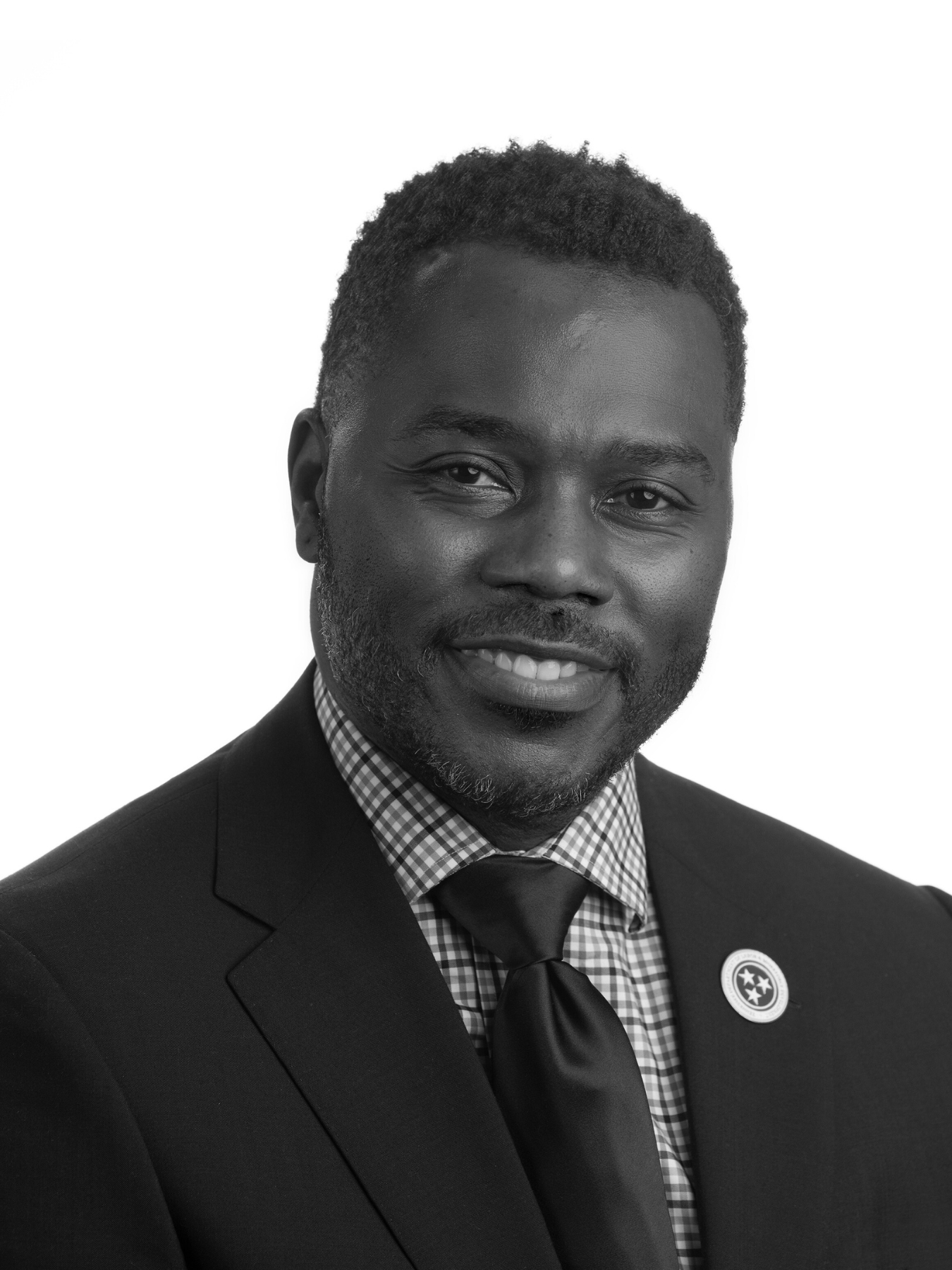
William E. Arnold, Jr., Ed.D. Director, TN Office of Reentry, TN Department of Labor & Workplace
-

Beth Avery Fair Chance Program Director, National Employment Law Project (NELP)
-
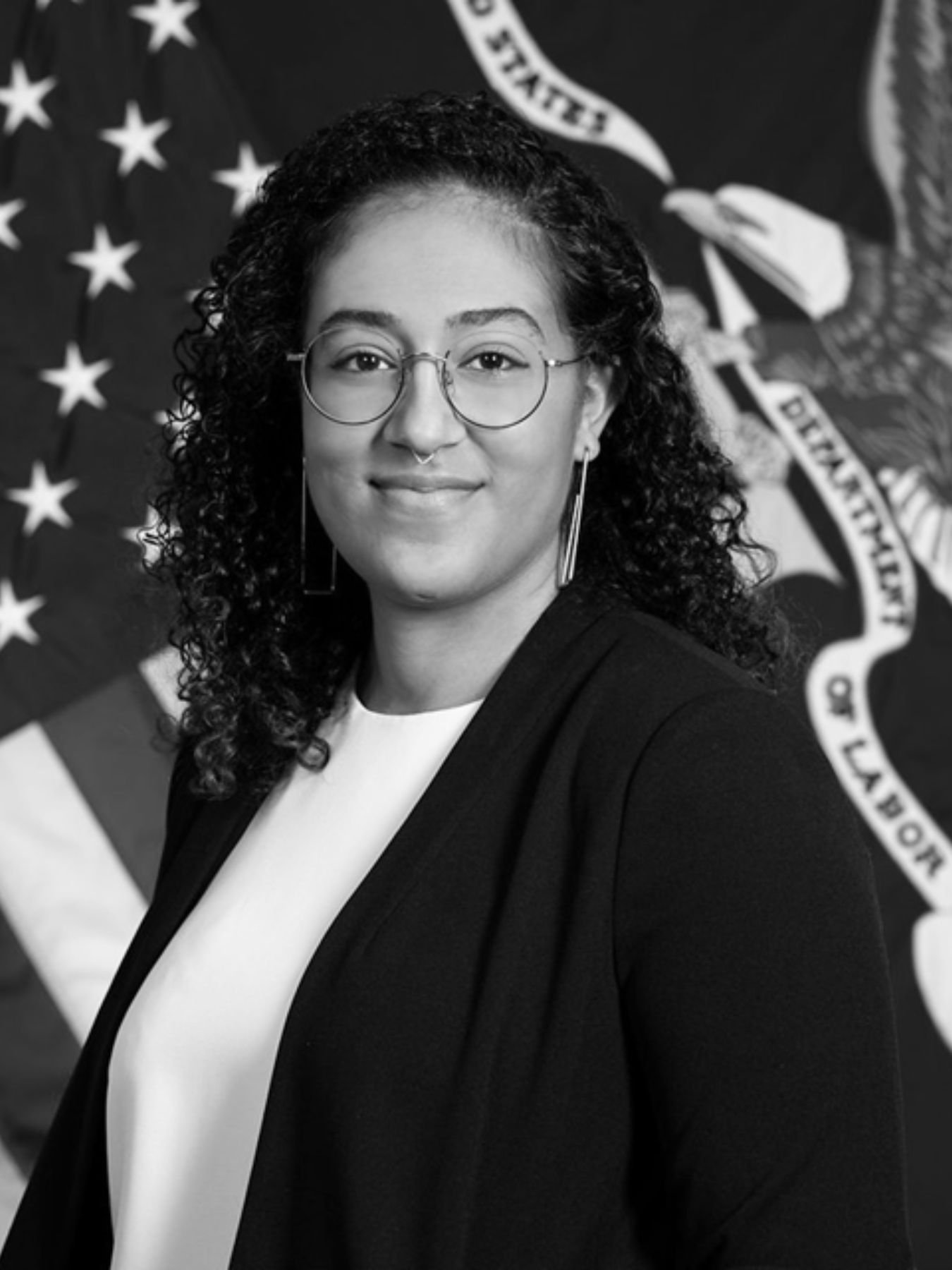
Molly Bashay Senior Policy Advisor, Employment and Training Administration (ETA), U.S. Department of Labor
-

Sophia Bender Koning VP Operations, Resilience Education
-

Amy E. Braden Workforce Coordinator, HopeWorks
-

Kelly Brantner Juvenile Reentry Case Manager, Minnesota Department of Corrections
-

Carlita Brown Personal Success Coach/Reentry Manager, PIVOT Women's Reentry Program
-

Kavell Brown Senior Manager, Social Impact Strategic Partnerships, LinkedIn
-
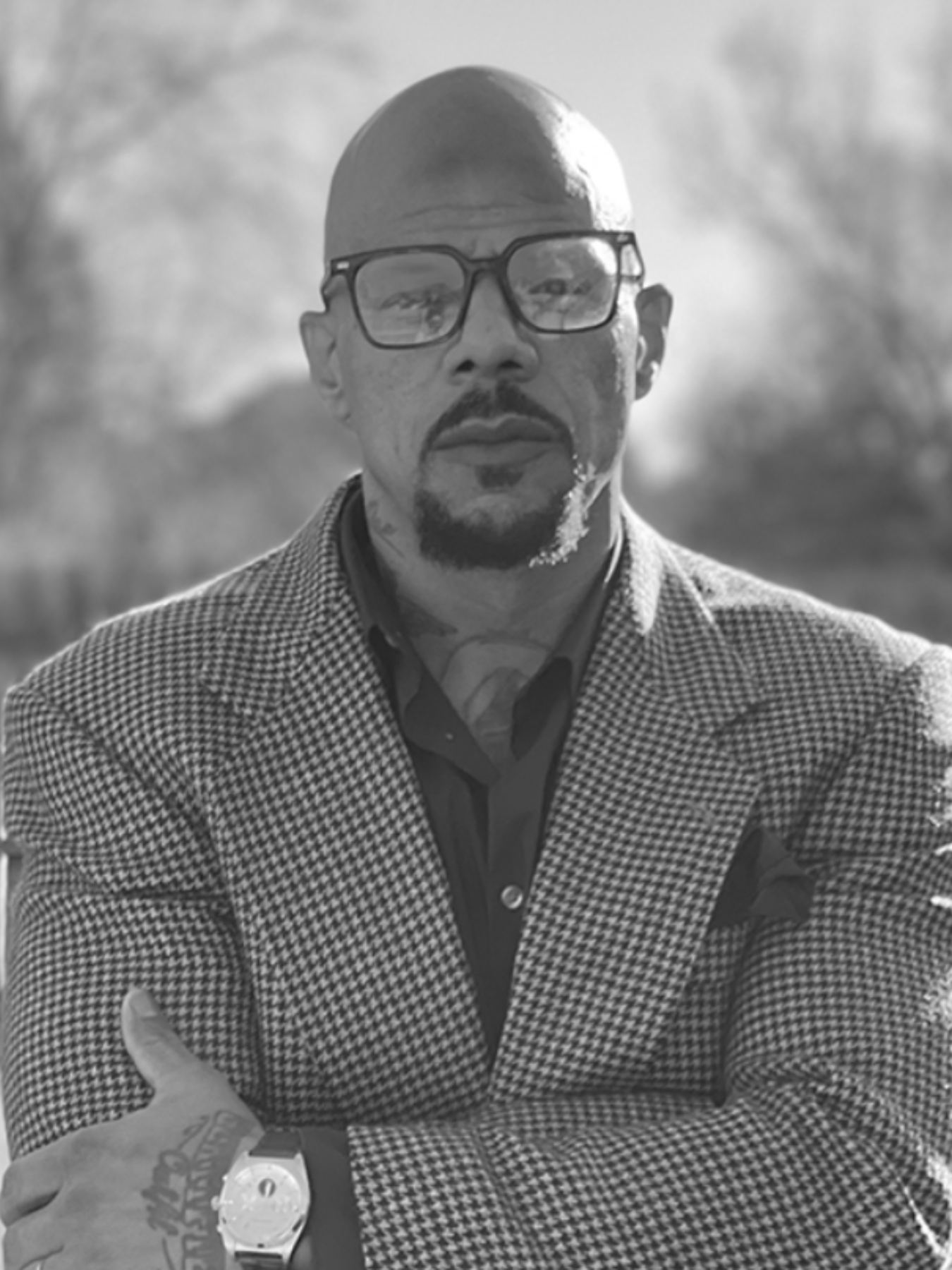
Robert Brown National Director of Operations, The Bail Project
-
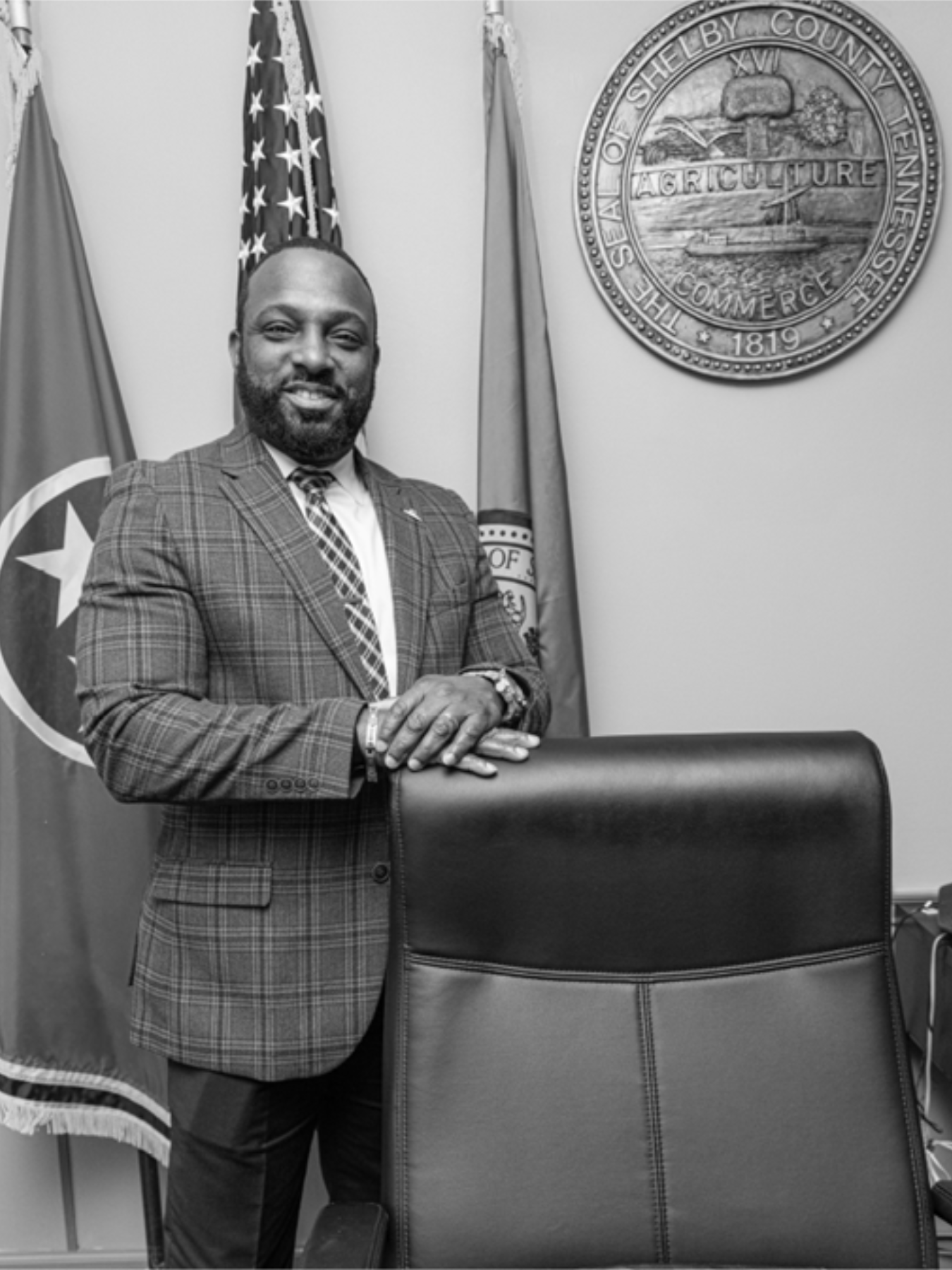
DeAndre Brown Executive Director, Shelby County Office of Reentry
-

David Carillo Adjunct Instructor, Adams State University
-

Kelsie Chesnut Senior Research Associate, Vera Institute of Justice
-
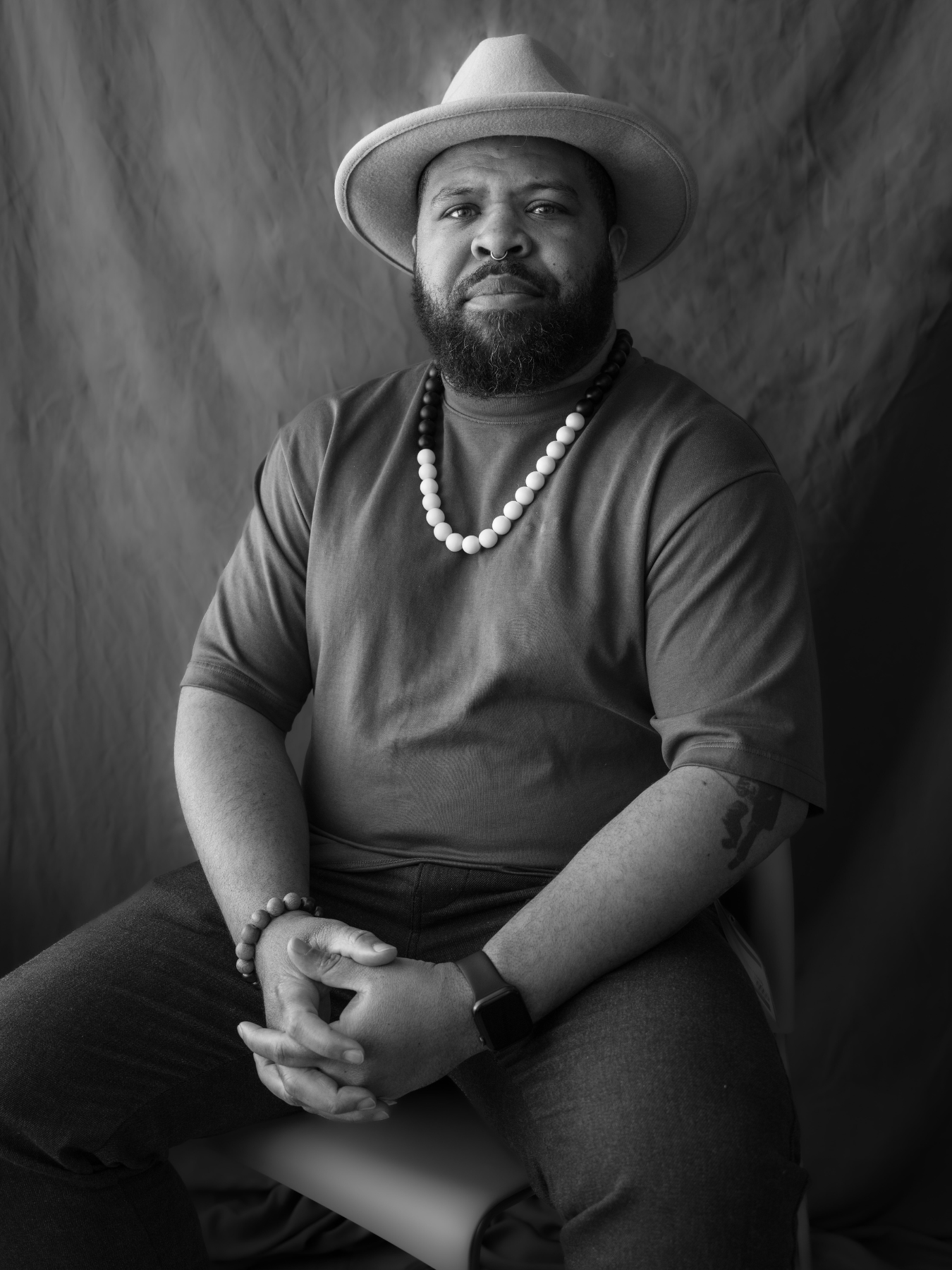
Aarin Clemons Workforce Manager, Polaris MEP
-

Jacqueline Cooley Leader of Learning & Development, JBM Packaging
-

Kirstin Cornell Family and Community Support Director, Pennsylvania Prison Society
-

Shawn Couch Employment Director for Client Services, Kansas Department of Corrections
-

Hope Cross Founder, Cultivating Hope Training and Consulting
-

Myles Davis Wind Services Field Technician Supervisor, Itinergy
-

Caitlin Dawkins Principal Technical Assistance Consultant, American Institutes for Research
-
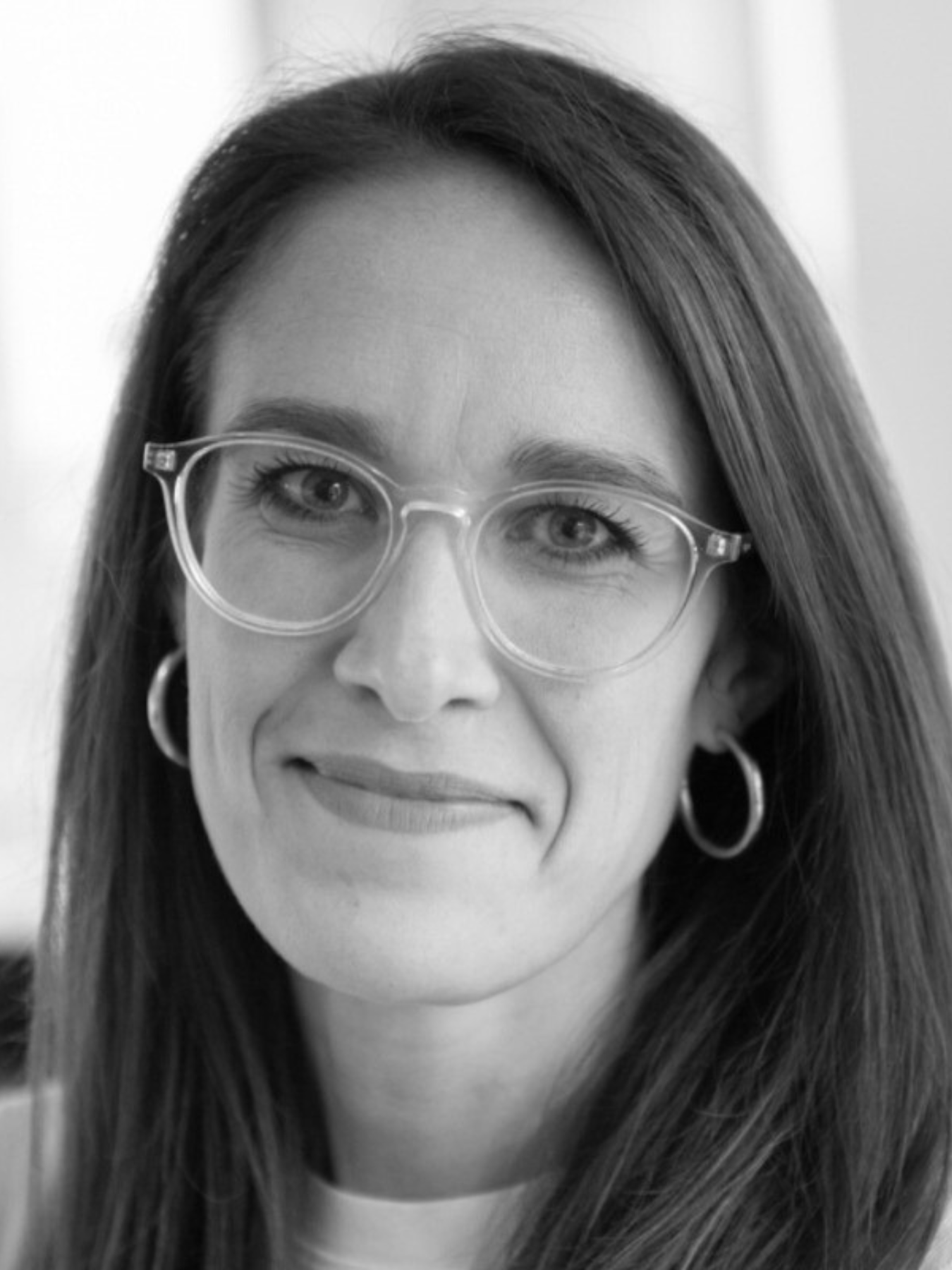
Anna DeLuna Ferguson Chief of Staff, Edovo
-
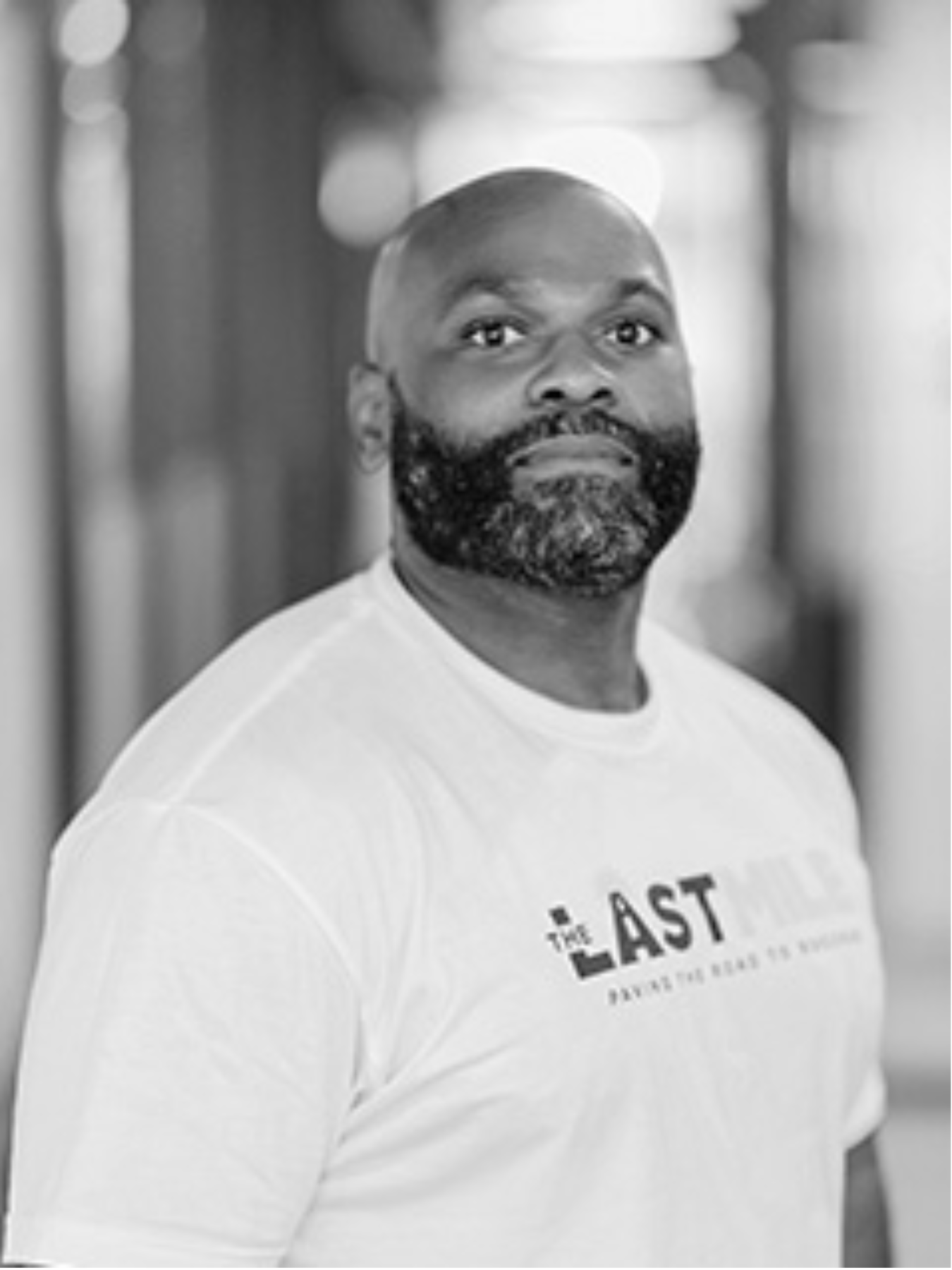
Henry Dillard Remote Instruction Manager, The Last Mile
-

Lisa Durkin Director, Jobs for the Future
-

Christina Louie Dyer Head of Corporate Social Responsibility, Checkr
-

Rebecca Edmond Associate Director Workforce Strategic Initiatives, FHI 360
-

Angela Fabel Re-entry Program Manager, American Indian OIC
-

Tierney Fairchild, PhD Cofounder & Executive Director, Resilience Education
-

Avery Franzblau Director, Foundation Operations, CD&R Foundation
-

Lady Funcke Munoz, MSW Research Assistant, University of Michigan School of Social Work - Level Up Lab
-

Ashley Furst Director of Business Development & Community Engagement, Breakthrough
-
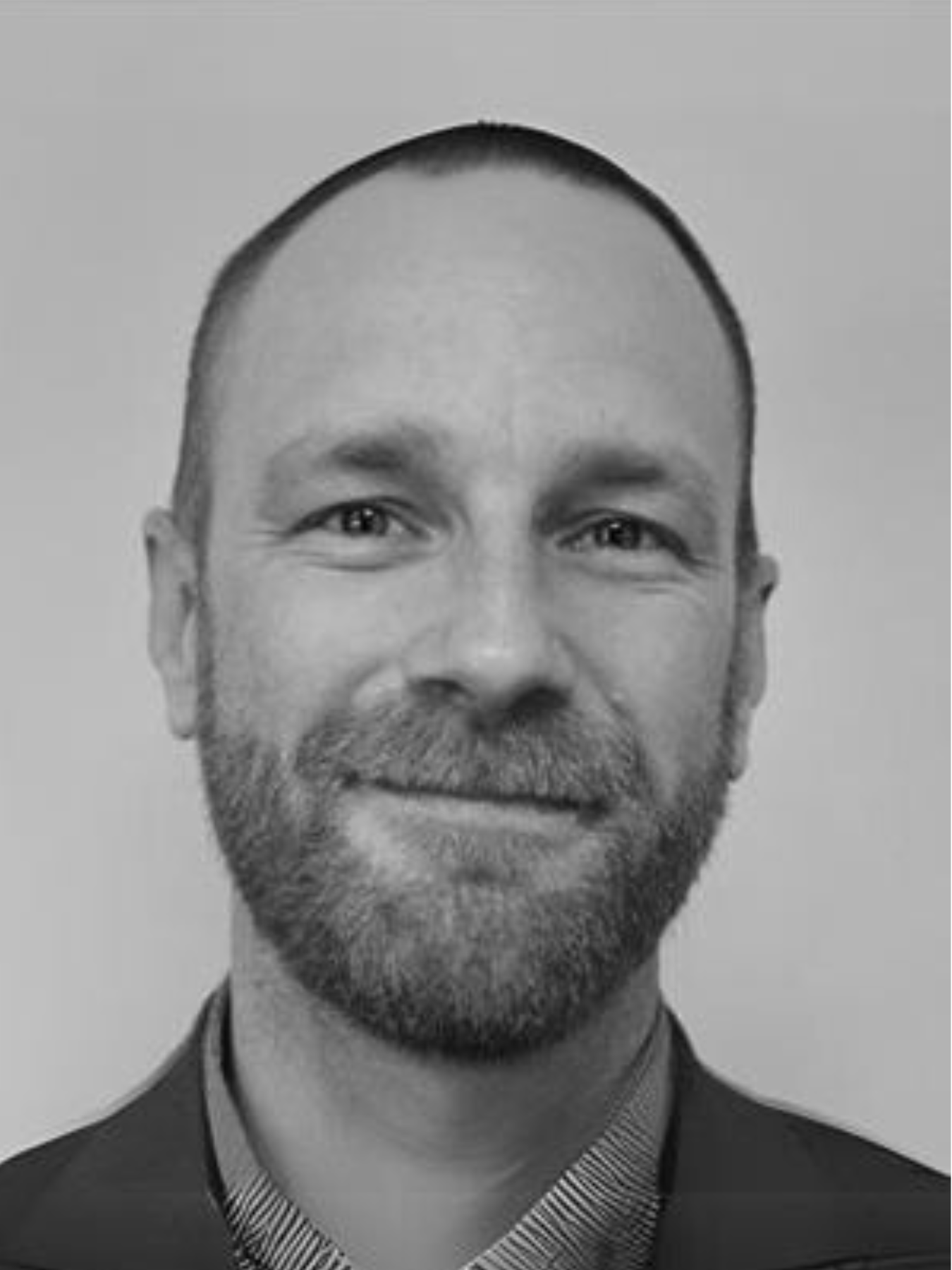
Josh Gaines Project Manager, Council of State Governments Justice Center
-

Abram Garcia Program Manager, Chicago Cook Workforce Partnership
-

Nan Gibson Executive Director, JPMorgan Chase PolicyCenter
-

Sonia Gonzales Director of Community Engagement, TrueCare
-

Alexander Green Chief, Reentry Employment Opportunities, U.S. Department of Labor
-
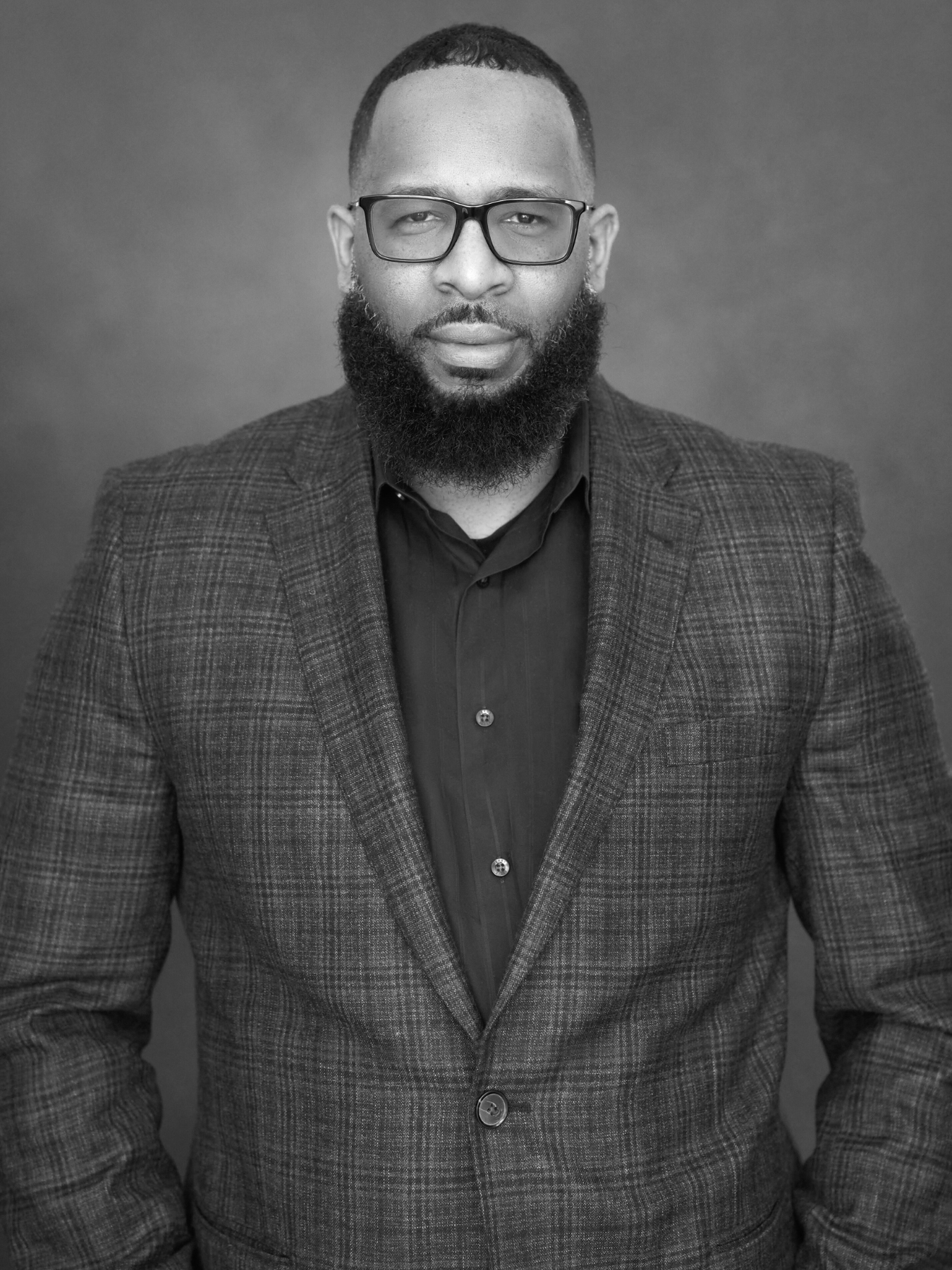
Khalil Halim, BS HCCP Executive Director, Second Chance Center
-

Meghan Harrington, BA Research Area Specialist, University of Michigan School of Social Work
-

Taja Hereford Manager, Inclusive Hiring, Responsible Business Initiative for Justice
-

Ronne Hines, JD, MPA Partner, The Regulatory Consulting Group
-

Veronica Jackson Executive Director, PIVOT Women's Reentry Program
-

Lisa Johnson Director, FHI 360's National Institute for Work and Learning
-

Nyra Jordan AVP, Community & Social Impact, American Family Insurance
-
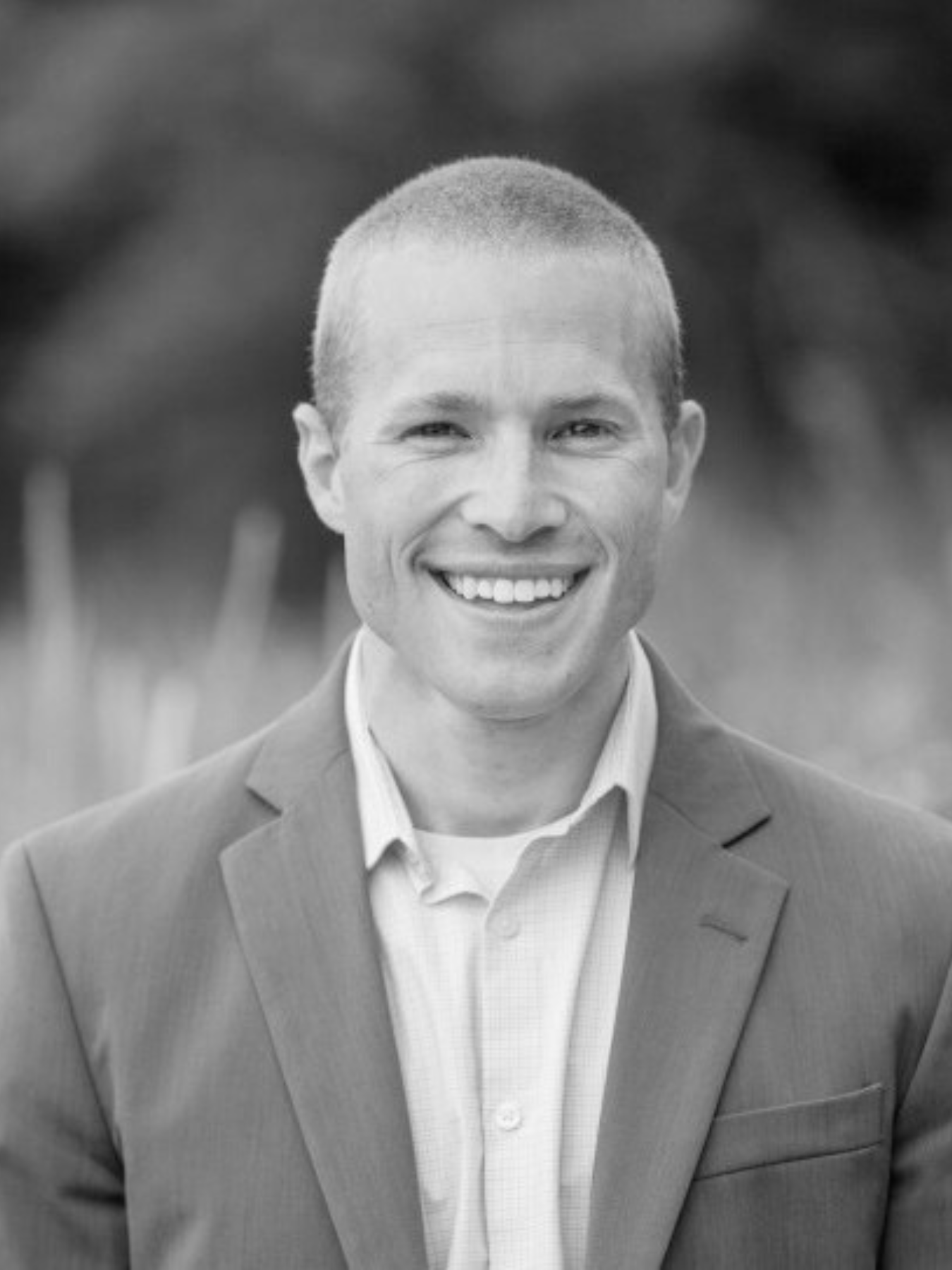
Matt Joyce Partner, Envoy
-

Dr. Nora Kenney Rising Scholars Coordinator, Palomar College
-

Shalyn Kettering Legal Counsel, Colorado Attorney General's Office
-

Malika Kidd Project Manager, CSG Justice Center
-

Allison Kroboth Product Manager - Platforms and Data, Resilience Education
-

Shaun Libby Manager, Jobs for the Future/Center for Justice and Economic Advancement
-
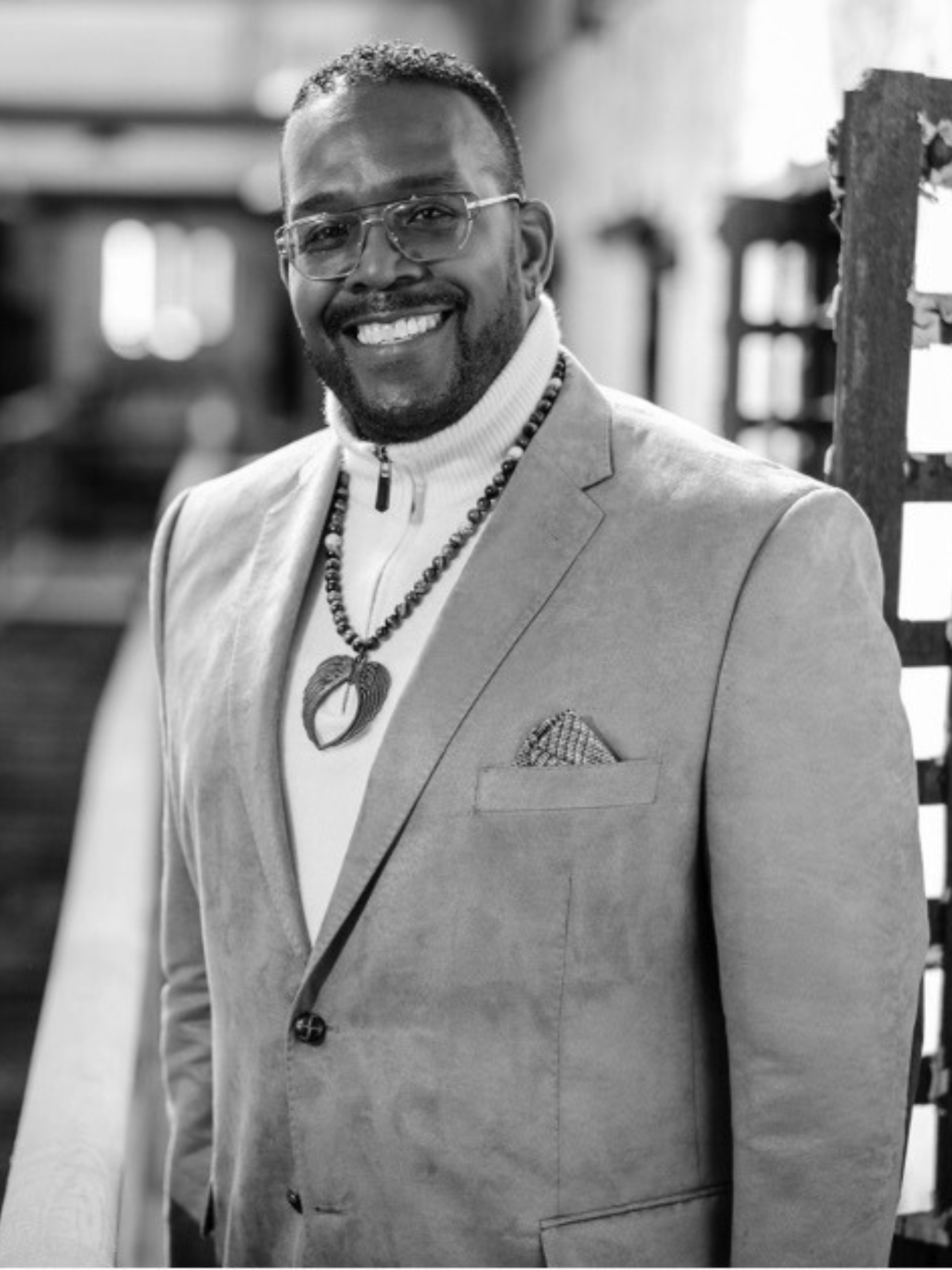
Jerome Loach Supervisor, Eastern State Penitentiary Historical Site (Museum)
-

Hillary Lyle Director of Strategic Initiatives, SCPa Works
-

Nashid Mateen Community Coordinator, Resilience Education
-

Kevin McCracken Executive Director, The Last Mile
-

Lauren McMullen Senior Talent Acquisition Manager, Indiana Pacers
-

Cory Miskell Director, Colorado State, Latino Coalition for Community Leadership
-

Richard Paul Morales Executive Director, Latino Coalition for Community Leadership
-

Corey Newhouse Founder and Principal, Public Profit
-

Caroline Norton Senior Manager, Partnerships and Innovation, The Last Mile
-

Dr. Khalilah Olokunola Founder, ReEngineering HR
-
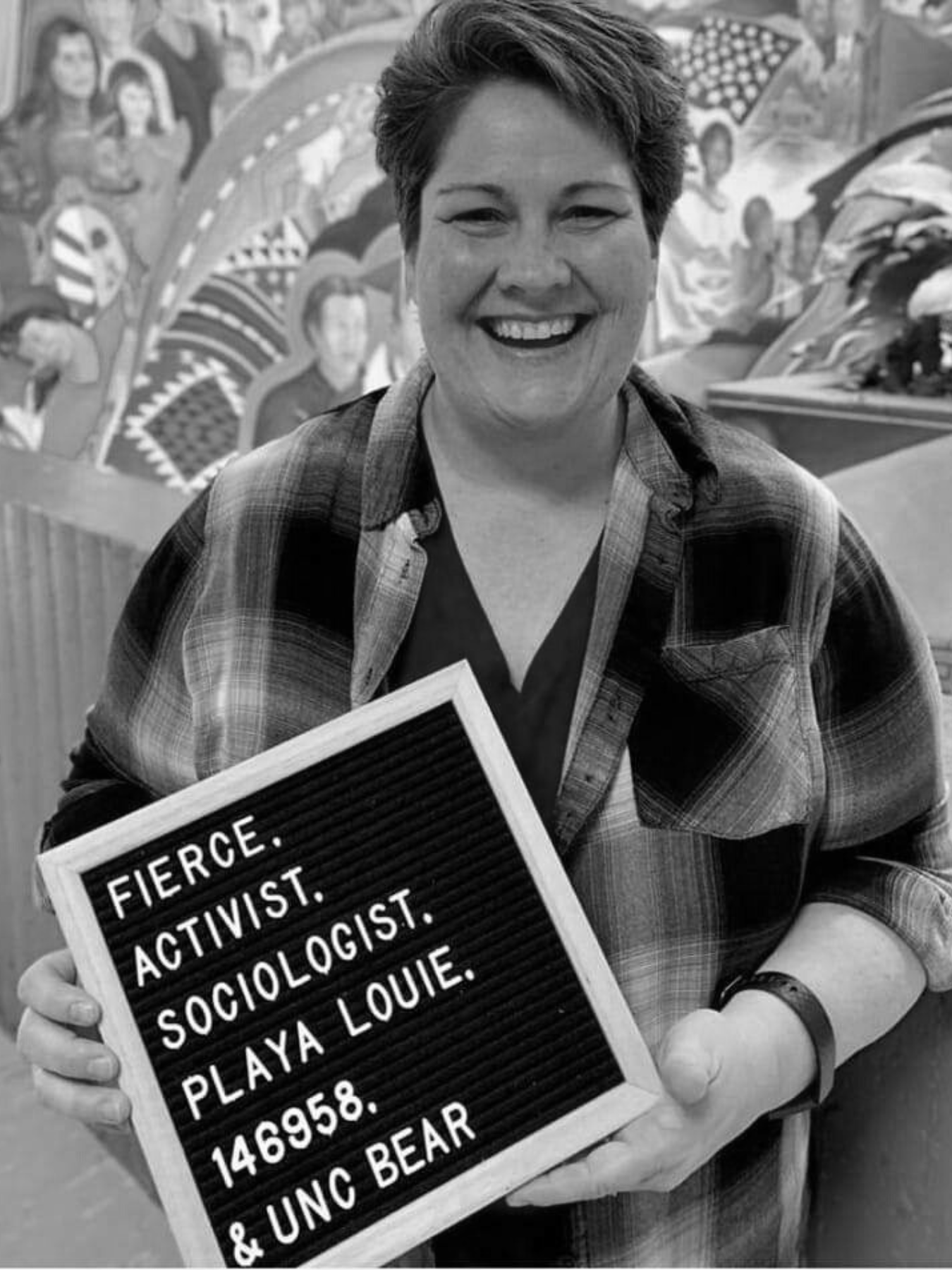
Tammy Ortiz Analyst, Ithaka S+R
-

Andy Peifer Family and Community Support Manager, Pennsylvania Prison Society
-

Macy Pickman Education Director, Kansas Department of Corrections
-
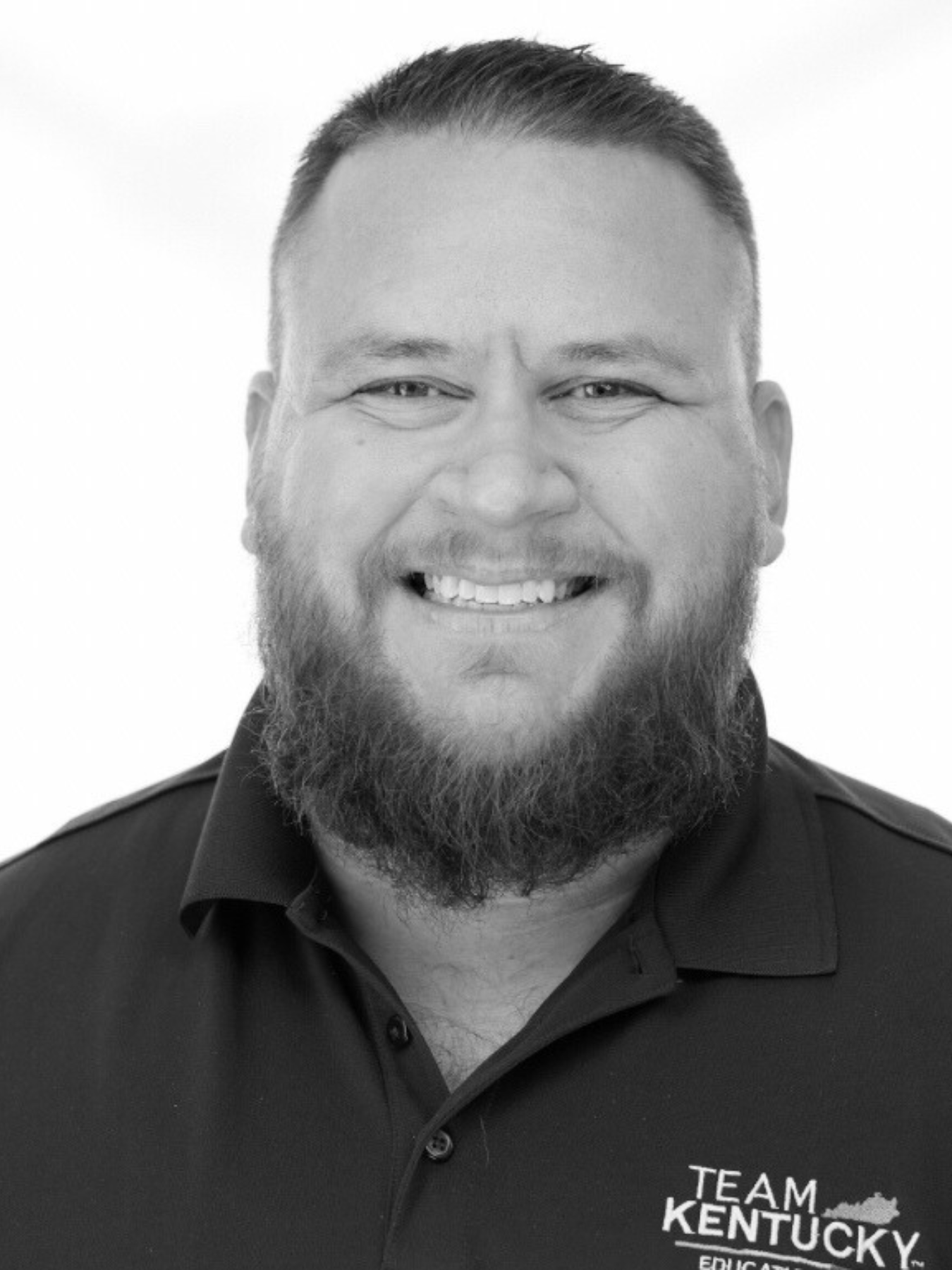
Aaron Poynter Director of the Reentry and Employment Services Branch, Kentucky Office of Adult Education in the Education and Labor Cabinet
-
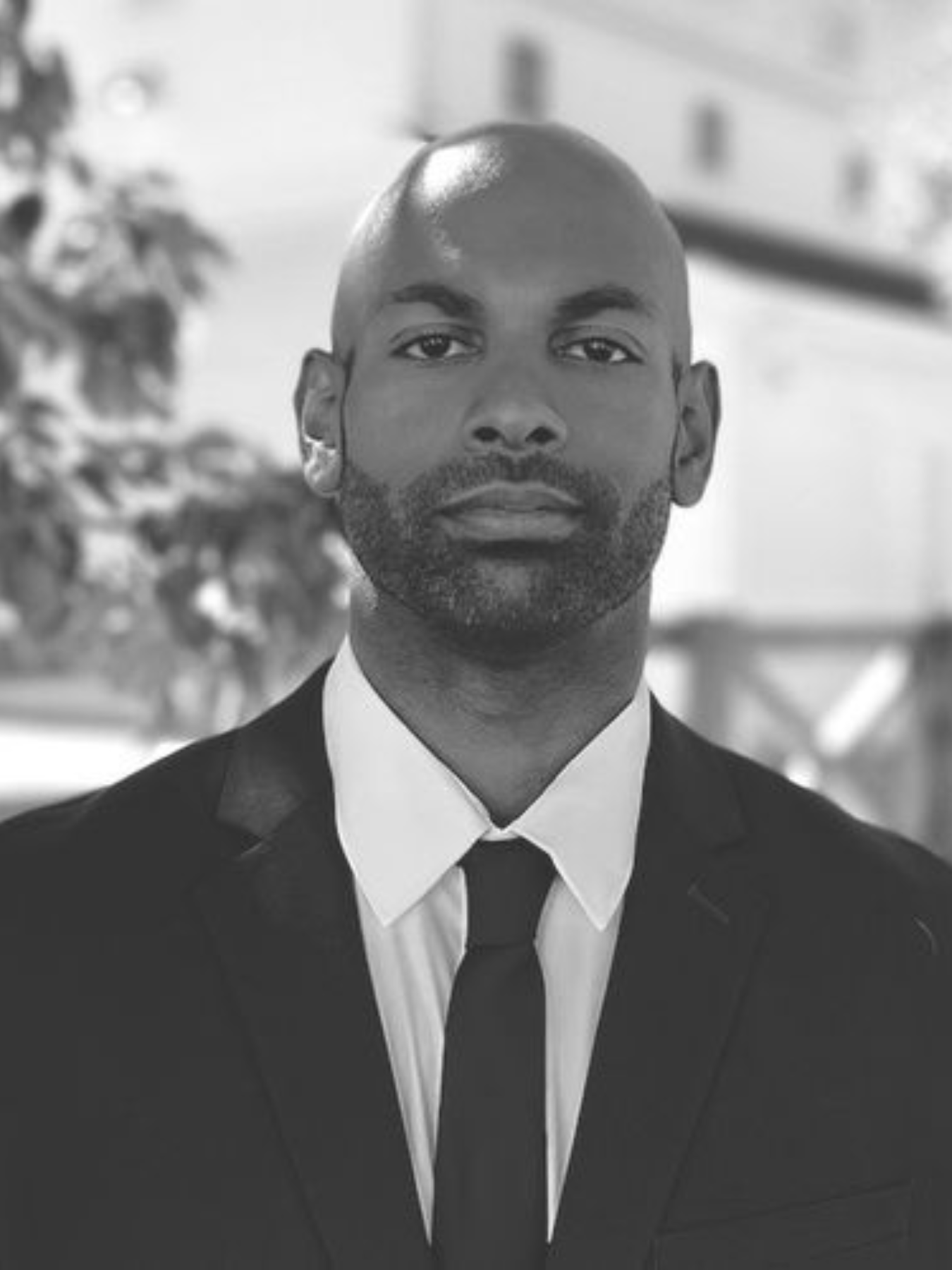
Ved Price Executive Director, Alliance for Higher Education in Prison
-

Stacey Putka Co-Founder & Executive Director, Breakthrough
-

Tolliny Rankins, Th.D. Author, Co-Founder, Redemption100.Org
-

Melissa Riccio Project Manager, Inclusive Hiring, Center for Employment Opportunities
-

Dennis Ritchie Senior Director of Reentry, Goodwill Industries of Kentucky
-

Jac Rivers VP Program Officer, Eastern Region, JP Morgan Chase Foundation
-

Vanessa Rojas Project Manager, Palomar Rising Scholars
-
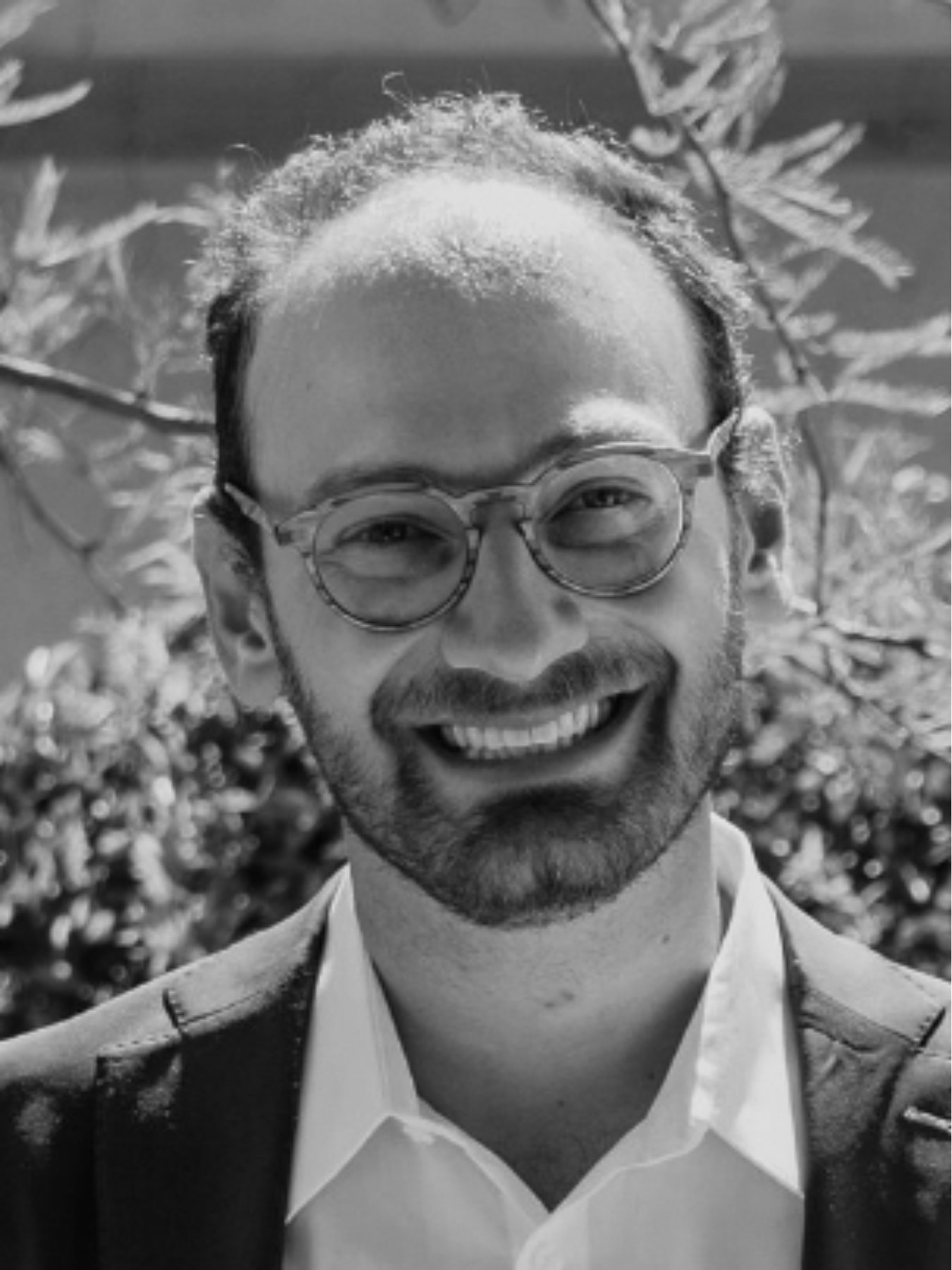
Harris Rollinger Sr. Program Manager, Opportunity Talent, KeHE Distributors
-

Elaine Ross Director of Employment Services, Cara Collective
-
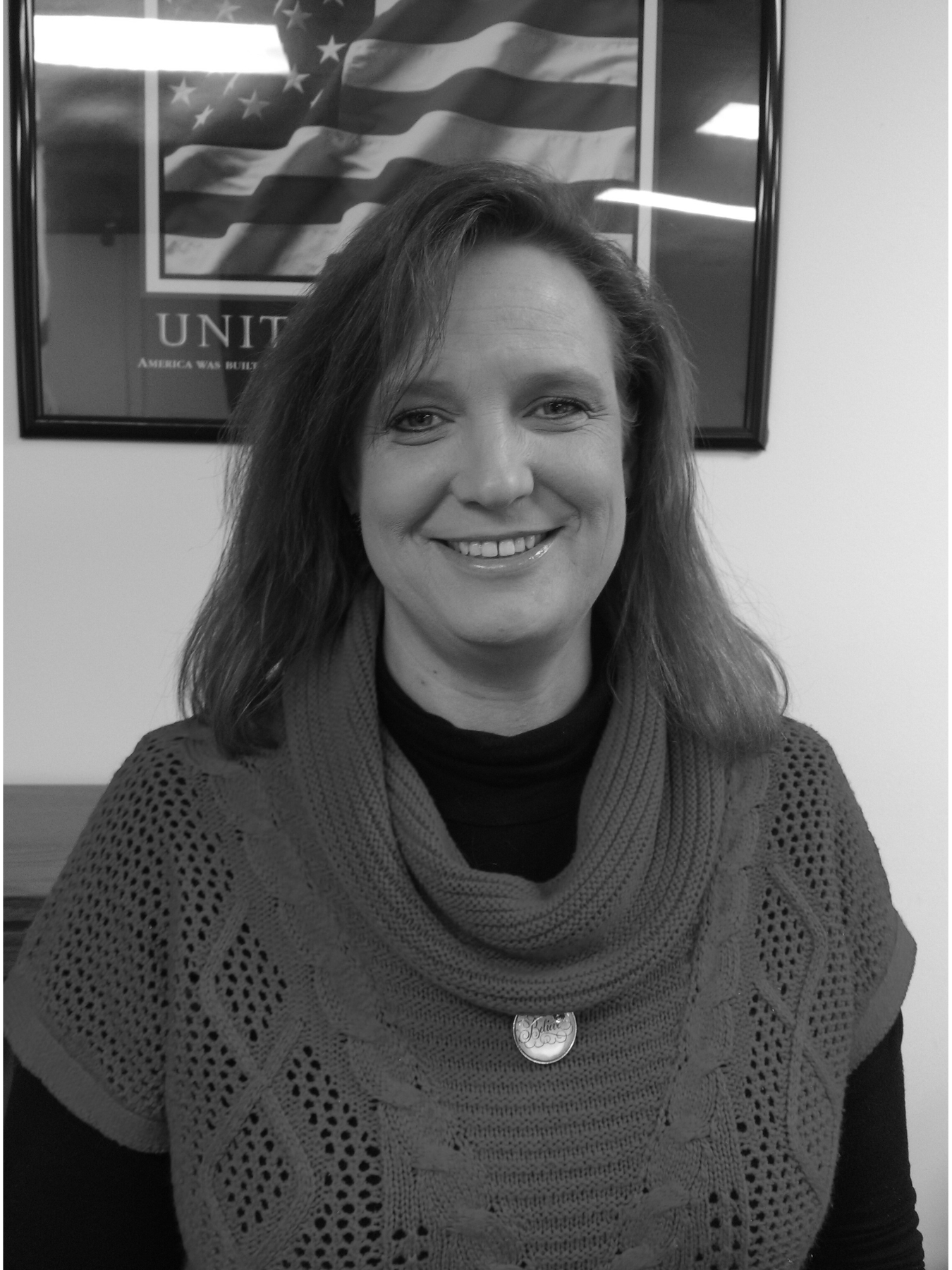
Deb Scheibler Executive Director, Kansas WorkforceONE
-

Emily Shyu Program Manager, Office of Second Chance Employment, Port Authority of New York and New Jersey
-

Matthew Smith, PhD, MSW Associate Dean and Professor, University of Michigan School of Social Work
-

Maurice Smith Program Associate, Vera Institute of Justice
-

Robin Smith Resilience Education
-

Melanie G. Snyder, OWDS/OES, MHFA, MBA Trauma/Reentry Consultant & Trainer, Melanie G Snyder Consulting
-

Elizabeth Stiles, MPA Program Manager, Lutheran Metropolitan Ministry
-
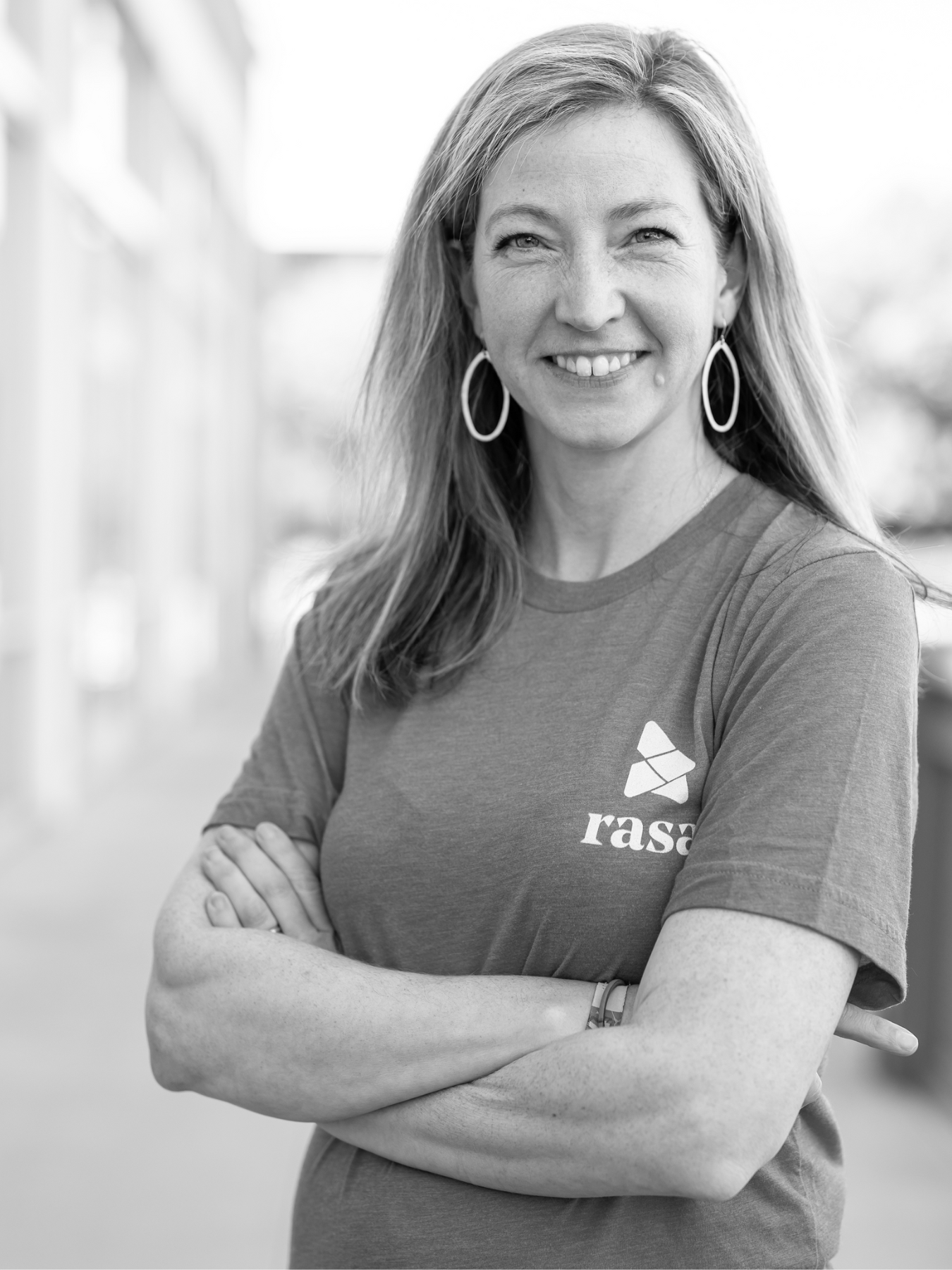
Noella Sudbury Founder & CEO, RASA Legal
-

Assata Thomas Executive Director, Philadelphia Office of Reentry Partnerships
-

Jim Thomson Program Manager, Fast Track to Manufacturing, Community College of Rhode Island
-

Carla Tilchin, PhD Assistant Scientist, Johns Hopkins University
-

Molly Verghese Workplace Solutions Lead, Cara Collective (Cara Plus)
-

Cindy Villarreal Career Navigator / OWDS, Kansas Department of Corrections
-

Kwelin (Pipkin) Waller Senior Program Manager, American Institutes for Research (AIR) Opportunity Fund
-
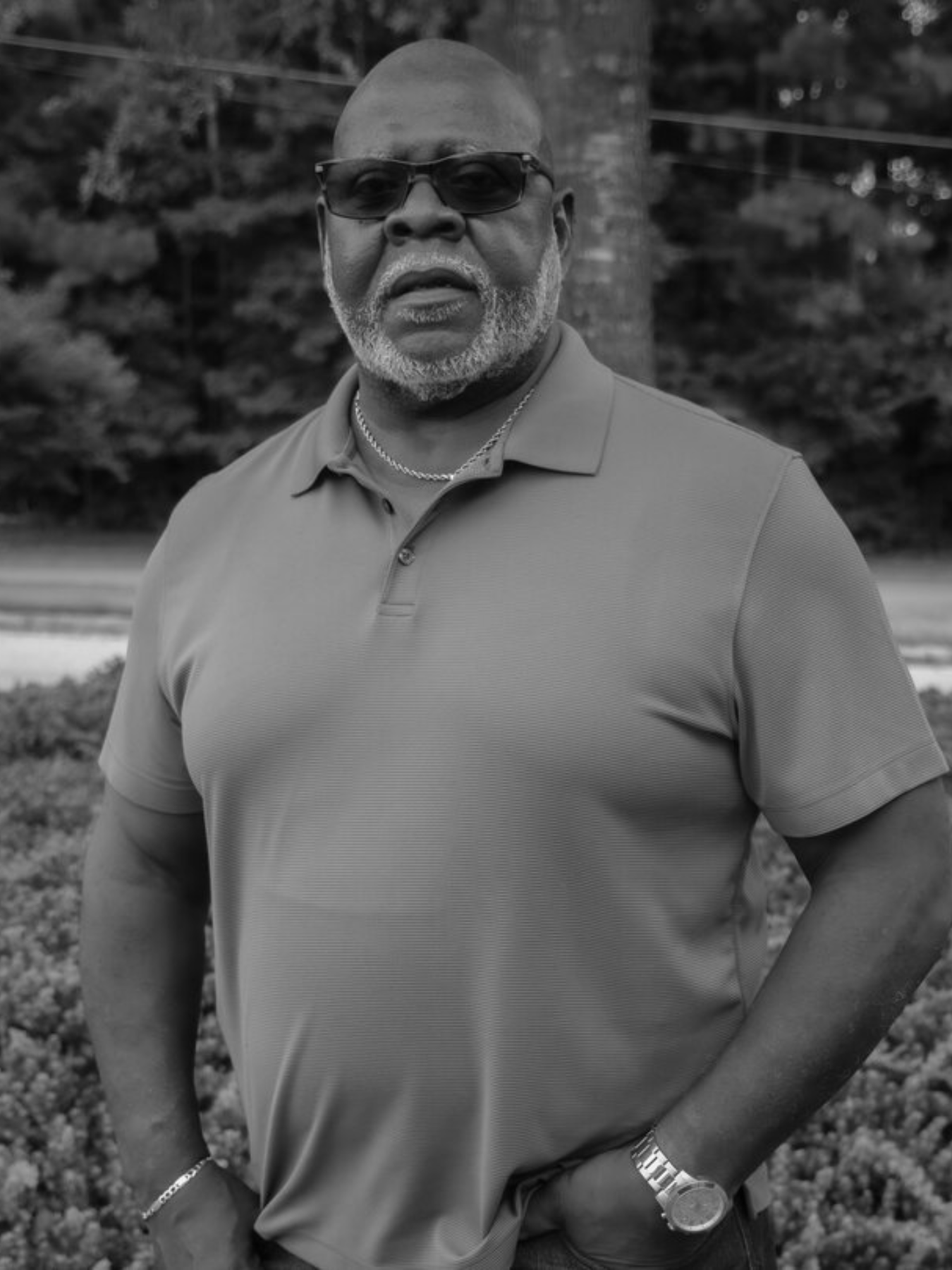
Dr. Glenwood Warren Executive Director, Fathers Forever
-
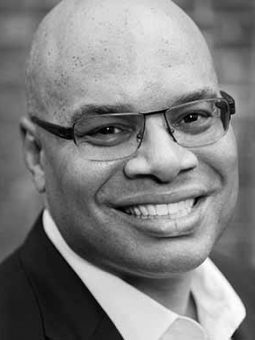
Christopher Watler Chief External Affairs Officer, Center for Employment Opportunities (CEO)
-
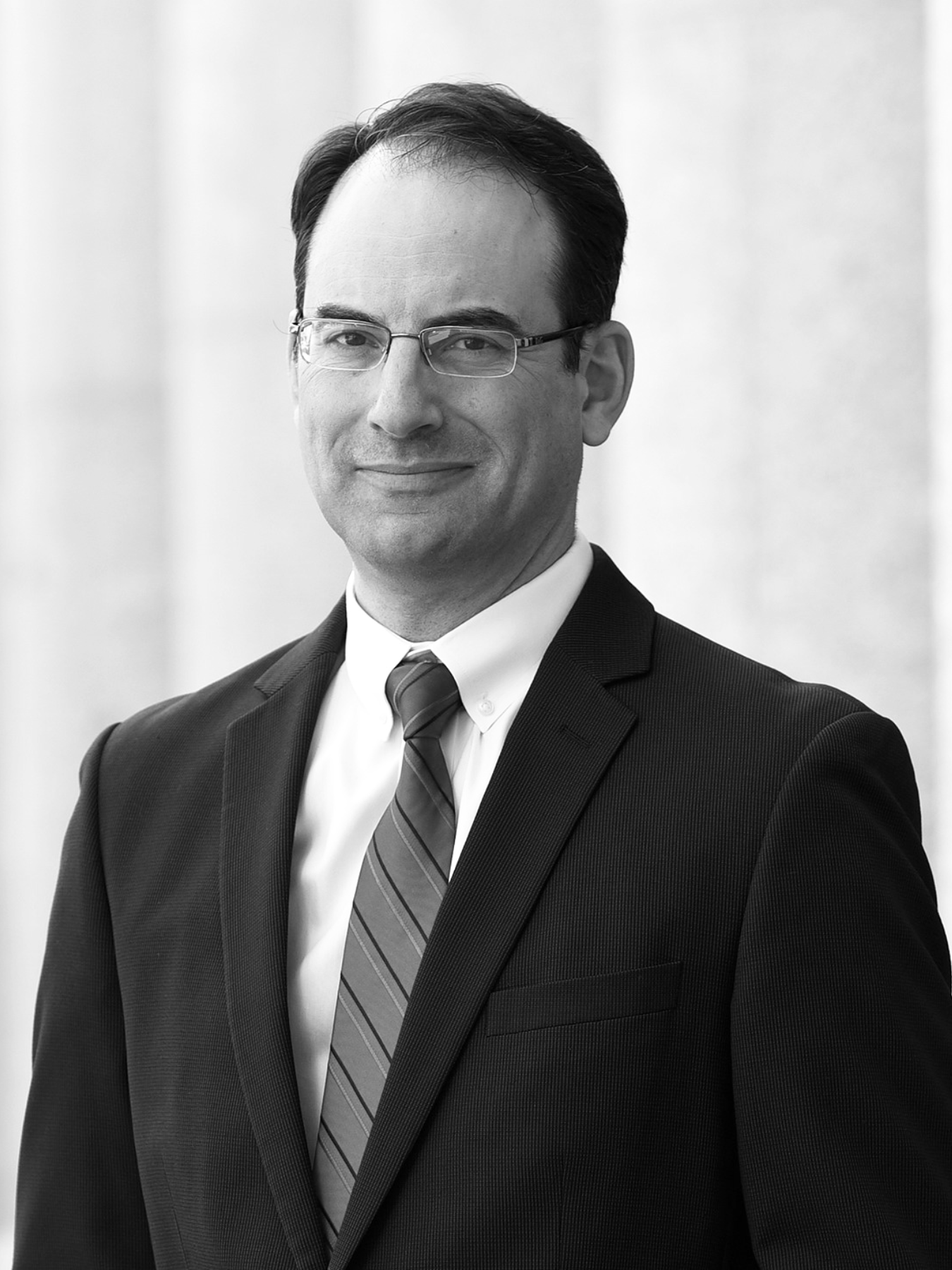
Phil Weiser Attorney General, Colorado
-
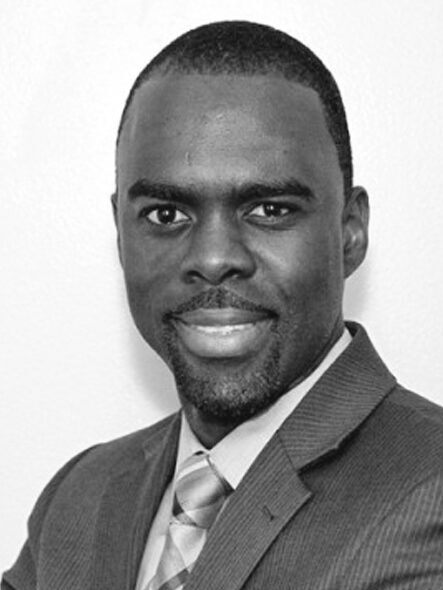
Jason Whyte Founder, President & CEO, National Reentry Workforce Collaborative (NRWC)
-

Monique Williams Senior Manager, Community & Social Impact, American Family Insurance
-
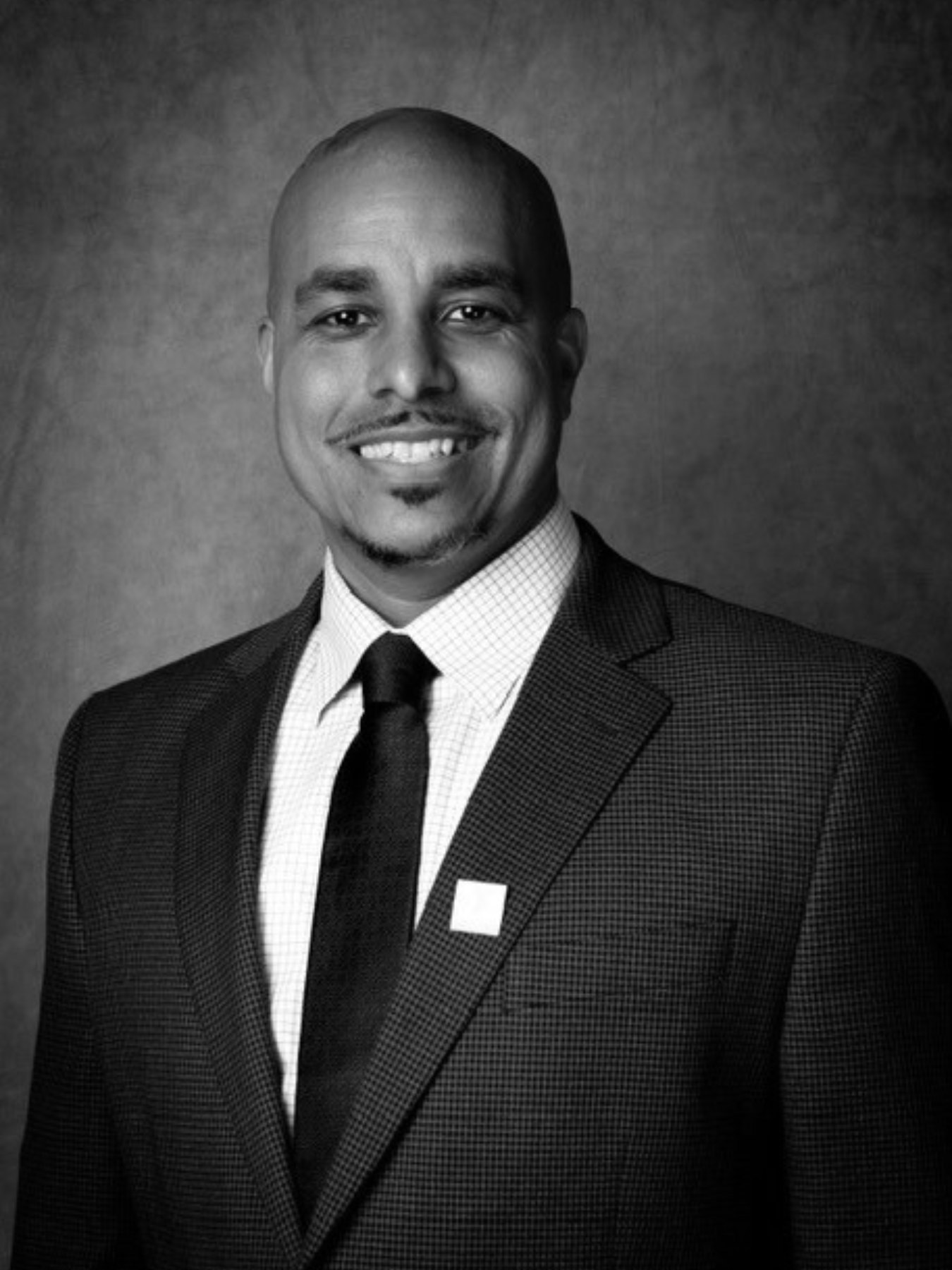
Rico X CEO , Project Return Inc.
-

Dr. Christine Yancey Vice President, Workforce Development, American Institutes for Research (AIR) Human Services Division
-

Armando Yañez Researcher, Mathematica
-
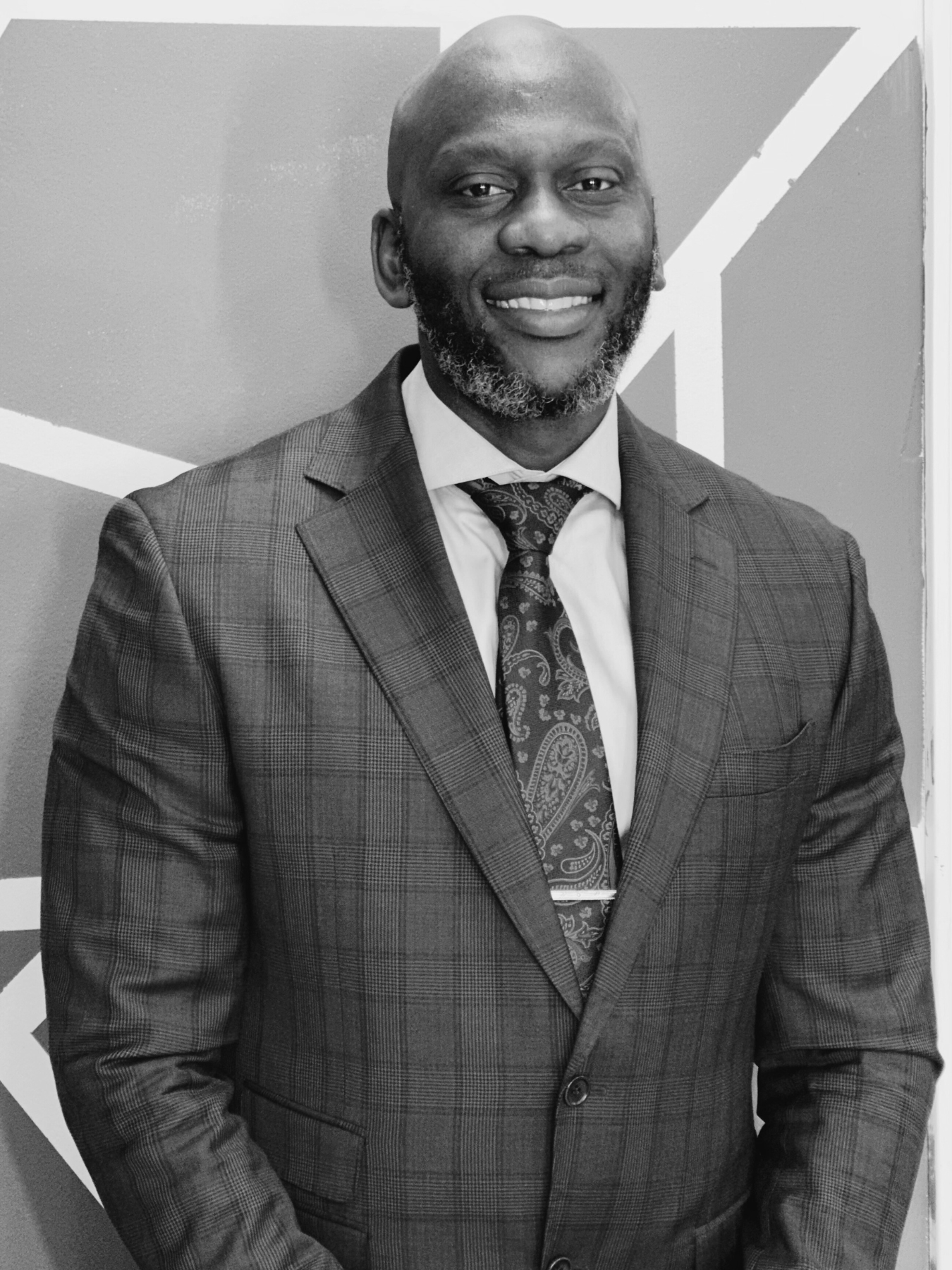
Lester Young Executive Director, Path2Redemption Training & Consulting, LLC.

Jeffrey Abramowitz
CEO, Petey Greene Program

Harry Alston, Jr., Ph.D.
Senior Vice President, Safer Policy Institute, Safer Foundation

William E. Arnold, Jr., Ed.D.
Director, TN Office of Reentry, TN Department of Labor & Workplace

Beth Avery
Fair Chance Program Director, National Employment Law Project (NELP)

Molly Bashay
Senior Policy Advisor, Employment and Training Administration (ETA), U.S. Department of Labor

Sophia Bender Koning
VP Operations, Resilience Education

Amy E. Braden
Workforce Coordinator, HopeWorks

Kelly Brantner
Juvenile Reentry Case Manager, Minnesota Department of Corrections

Carlita Brown
Personal Success Coach/Reentry Manager, PIVOT Women's Reentry Program

Kavell Brown
Senior Manager, Social Impact Strategic Partnerships, LinkedIn

Robert Brown
National Director of Operations, The Bail Project

DeAndre Brown
Executive Director, Shelby County Office of Reentry

David Carillo
Adjunct Instructor, Adams State University

Kelsie Chesnut
Senior Research Associate, Vera Institute of Justice

Aarin Clemons
Workforce Manager, Polaris MEP

Jacqueline Cooley
Leader of Learning & Development, JBM Packaging

Kirstin Cornell
Family and Community Support Director, Pennsylvania Prison Society

Shawn Couch
Employment Director for Client Services, Kansas Department of Corrections

Hope Cross
Founder, Cultivating Hope Training and Consulting

Myles Davis
Wind Services Field Technician Supervisor, Itinergy

Caitlin Dawkins
Principal Technical Assistance Consultant, American Institutes for Research

Anna DeLuna Ferguson
Chief of Staff, Edovo

Henry Dillard
Remote Instruction Manager, The Last Mile

Lisa Durkin
Director, Jobs for the Future

Christina Louie Dyer
Head of Corporate Social Responsibility, Checkr

Rebecca Edmond
Associate Director Workforce Strategic Initiatives, FHI 360

Angela Fabel
Re-entry Program Manager, American Indian OIC

Tierney Fairchild, PhD
Cofounder & Executive Director, Resilience Education

Avery Franzblau
Director, Foundation Operations, CD&R Foundation

Lady Funcke Munoz, MSW
Research Assistant, University of Michigan School of Social Work - Level Up Lab

Ashley Furst
Director of Business Development & Community Engagement, Breakthrough

Josh Gaines
Project Manager, Council of State Governments Justice Center

Abram Garcia
Program Manager, Chicago Cook Workforce Partnership

Nan Gibson
Executive Director, JPMorgan Chase PolicyCenter
Nan Gibson is Executive Director at the JPMorgan Chase PolicyCenter. In this role, she leads the Second Chance, Careers & Skills, and Economic Security Net issue portfolios and works to develop and advance evidence-based policy solutions to drive inclusive economic growth by bringing together global expertise, data, research, and philanthropic investments.
Nan works with policy, community, and business leaders to drive effective public policy solutions at all levels of government. She provides policy expertise across a broad range of economic issues and conducts outreach to key stakeholders to build unique partnerships for initiatives related to economic security and workforce development. She works closely with criminal justice reform leaders to advance policies that lower barriers to employment and create greater economic opportunity for individuals involved in the justice system. Nan developed the strategic framework and co-leads the corporate recruitment and programmatic work of the Second Chance Business Coalition, a group of nearly 50 large companies committed to implementing second chance employment practices and advancement strategies. She also develops best practices for serving the financial services needs of older consumers and combating elder financial exploitation.
She previously served as Chief of Staff and Executive Director for the President’s Council of Economic Advisers during the Obama Administration and as Executive Director of the Joint Economic Committee of the U.S. Congress. Prior to public service, Nan was a senior leader and communications strategist at the Economic Policy Institute, a leading think tank that conducts research on American living standards. She began her career covering Congress, politics, and presidential elections for The New Yorker magazine’s Washington columnist and for C-SPAN.

Sonia Gonzales
Director of Community Engagement, TrueCare

Alexander Green
Chief, Reentry Employment Opportunities, U.S. Department of Labor

Khalil Halim, BS HCCP
Executive Director, Second Chance Center

Meghan Harrington, BA
Research Area Specialist, University of Michigan School of Social Work

Taja Hereford
Manager, Inclusive Hiring, Responsible Business Initiative for Justice

Ronne Hines, JD, MPA
Partner, The Regulatory Consulting Group

Veronica Jackson
Executive Director, PIVOT Women's Reentry Program

Lisa Johnson
Director, FHI 360's National Institute for Work and Learning

Nyra Jordan
AVP, Community & Social Impact, American Family Insurance

Matt Joyce
Partner, Envoy

Dr. Nora Kenney
Rising Scholars Coordinator, Palomar College

Shalyn Kettering
Legal Counsel, Colorado Attorney General's Office

Malika Kidd
Project Manager, CSG Justice Center

Allison Kroboth
Product Manager - Platforms and Data, Resilience Education

Shaun Libby
Manager, Jobs for the Future/Center for Justice and Economic Advancement

Jerome Loach
Supervisor, Eastern State Penitentiary Historical Site (Museum)

Hillary Lyle
Director of Strategic Initiatives, SCPa Works

Nashid Mateen
Community Coordinator, Resilience Education

Kevin McCracken
Executive Director, The Last Mile

Lauren McMullen
Senior Talent Acquisition Manager, Indiana Pacers

Cory Miskell
Director, Colorado State, Latino Coalition for Community Leadership

Richard Paul Morales
Executive Director, Latino Coalition for Community Leadership

Corey Newhouse
Founder and Principal, Public Profit

Caroline Norton
Senior Manager, Partnerships and Innovation, The Last Mile

Dr. Khalilah Olokunola
Founder, ReEngineering HR

Tammy Ortiz
Analyst, Ithaka S+R

Andy Peifer
Family and Community Support Manager, Pennsylvania Prison Society

Macy Pickman
Education Director, Kansas Department of Corrections

Aaron Poynter
Director of the Reentry and Employment Services Branch, Kentucky Office of Adult Education in the Education and Labor Cabinet

Ved Price
Executive Director, Alliance for Higher Education in Prison

Stacey Putka
Co-Founder & Executive Director, Breakthrough

Tolliny Rankins, Th.D.
Author, Co-Founder, Redemption100.Org

Melissa Riccio
Project Manager, Inclusive Hiring, Center for Employment Opportunities

Dennis Ritchie
Senior Director of Reentry, Goodwill Industries of Kentucky

Jac Rivers
VP Program Officer, Eastern Region, JP Morgan Chase Foundation

Vanessa Rojas
Project Manager, Palomar Rising Scholars

Harris Rollinger
Sr. Program Manager, Opportunity Talent, KeHE Distributors

Elaine Ross
Director of Employment Services, Cara Collective

Deb Scheibler
Executive Director, Kansas WorkforceONE

Emily Shyu
Program Manager, Office of Second Chance Employment, Port Authority of New York and New Jersey

Matthew Smith, PhD, MSW
Associate Dean and Professor, University of Michigan School of Social Work

Maurice Smith
Program Associate, Vera Institute of Justice

Robin Smith
Resilience Education

Melanie G. Snyder, OWDS/OES, MHFA, MBA
Trauma/Reentry Consultant & Trainer, Melanie G Snyder Consulting

Elizabeth Stiles, MPA
Program Manager, Lutheran Metropolitan Ministry

Noella Sudbury
Founder & CEO, RASA Legal

Assata Thomas
Executive Director, Philadelphia Office of Reentry Partnerships

Jim Thomson
Program Manager, Fast Track to Manufacturing, Community College of Rhode Island

Carla Tilchin, PhD
Assistant Scientist, Johns Hopkins University

Molly Verghese
Workplace Solutions Lead, Cara Collective (Cara Plus)

Cindy Villarreal
Career Navigator / OWDS, Kansas Department of Corrections

Kwelin (Pipkin) Waller
Senior Program Manager, American Institutes for Research (AIR) Opportunity Fund

Dr. Glenwood Warren
Executive Director, Fathers Forever

Christopher Watler
Chief External Affairs Officer, Center for Employment Opportunities (CEO)

Phil Weiser
Attorney General, Colorado

Jason Whyte
Founder, President & CEO, National Reentry Workforce Collaborative (NRWC)

Monique Williams
Senior Manager, Community & Social Impact, American Family Insurance

Rico X
CEO , Project Return Inc.

Dr. Christine Yancey
Vice President, Workforce Development, American Institutes for Research (AIR) Human Services Division

Armando Yañez
Researcher, Mathematica
